How many times have you thought, “There has to be a better morning work routine system out there! This one just isn’t working!” Too many times to count, right?
I bet a lot of these scenarios sound familiar, too:
SCENARIO ONE:
You forget to copy something for morning work. You frantically rush around to make the necessary copies before the first bell rings. You feel flustered.
SCENARIO TWO:
The first bell rings. Then, your students begin trickling into the classroom. Some of your students immediately get unpacked and begin their morning work. Others, however, mingle at their lockers, hover too long to pick a lunch choice, and can’t find their materials to begin their morning work. You’ve already given out multiple reminders within the first few minutes of the day. As a result, frustration ensues.
SCENARIO THREE:
You are attempting to take the class attendance when you notice a student staring off into space. So you walk over to the student and soon become his “personal morning work cheerleader.” You then say, “Come on, James! You can do it. Just write one more sentence!” James finally writes one more sentence but is less than enthused. Getting James to complete his morning work is an uphill battle.
If these scenarios sound at all familiar to you, you are not alone! I hear from teachers all the time who express these same frustrations. This is no way to start the day! It’s time to transform the motivation and energy in your room with a simple solution: Hands-On Morning Tubs activities!
Trust me when I say that these Hands-On Morning Tubs activities will benefit you and your students in a multitude of ways, including the following:
- Promotes Socialization
- Gives Students Choice
- Creates a Positive Classroom Environment
- Thinking Outside the Box
- Collaborative Learning
- Provides Opportunities for Play
Promotes Socialization
With the increasing academic demands being put on teachers and students, it’s easy to forget the importance of socialization. Socialization and academics do not have to be mutually exclusive. In fact, I believe there is a lot of power in bridging the two together.
Students, just like us, need time to socialize! Dedicate the first 8-10 minutes of your day for this purpose. Allow students to socialize while working individually or collaboratively on one of the hands-on morning tub activities. Also, be sure to establish routines and expectations. Read more on that below!
Gives Students Choice
One magical key that unlocks engagement, participation, and motivation is choice. If you are a Daily Five teacher, you know just how powerful student choice is. Trust me when I say that giving students—even your most reluctant ones—the choice will transform your classroom for the better.
Positive Learning Environment
Create a space that students want to be in! Pull out your manipulatives, encourage discussions and collaborative learning, and provide opportunities for students to think outside the box. We want our students to be thrilled to enter our classrooms, and hands-on morning tubs activities contribute beautifully to a positive-energy filled classroom.
Play-Based Learning
Play—the nearly extinct, but oh so necessary, “p” word. Ten years ago, just as I was finishing up my college internship in kindergarten, a dear family friend (who is also an educator) gave me the book, “A Child’s Work” by Vivian Gussin Paley. She expressed her deep love for the book and told me it was “life-changing.” So I read the book that following summer and thoroughly enjoyed it. But, I didn’t truly understand its importance until I revisited it just a few years ago as I was struggling with the ever-growing list of standards that my students were expected to “consistently demonstrate.”
I began reflecting on how to incorporate more play opportunities into my day, and our hands-on morning time activities (about 15 minutes total) fit the bill. This one small adjustment dramatically changed our classroom for the better. We had far fewer disruptions during the rest of the day. Students were eager and excited to jumpstart the day because they were getting more of what they needed: playtime. Vivian Gussin Paley says it best, “Play is complex occupation, requiring practice in dialogue, exposition, detailed imagery, social engineering, literary allusion, and abstract thinking. Being both work and love for young children, play is absolutely essential for their health and welfare.”
Here are two other books that I highly recommend all about the importance of play. You can click on any of the book covers (including A Child’s Work above) to purchase the books.
Getting Started With Morning Tubs
While I typically encourage a whole lot of modeling when introducing students to a new activity or skill, hands-on morning tubs activities are a little different. I think it’s important to establish routines and expectations, but don’t go too overboard. For example, I encourage you to emphasize that the manipulatives in the tubs are tools (and not to abuse them). However, too much modeling may hinder students from thinking outside the box. This is a time for creativity, play, and exploration. If we model how to use the tools in each bin, we are closing the box to a world of innovation and imagination.
What To Do: Explain that the manipulatives can be used to create.
What Not To Do: Give specifics about what they can create (Example: “We can use dominoes to create a tower.” – this is too detailed. Leave it up to them to decide!).
I think explaining why it’s important to treat the morning tubs and manipulatives with respect is a VERY necessary conversation, but explaining what students can build and create with the tools will limit their minds in the long run. Balance is key!
Of course, you will find that there are some tubs that require some explanation (writing, phonics, and math activities). I do recommend you model each of those hands-on activities before releasing them to your students. I suggest modeling two activities a day (no more than that).
Setting Up Morning Tubs
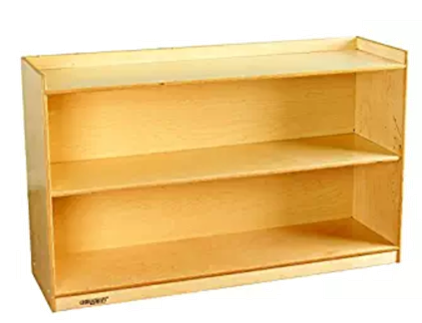
Create a space in your classroom that is easily accessible to students. The low bookshelf I use is pictured below. It holds up to 20 morning tubs.
Use the materials I’ve provided for you, along with many materials you probably already have on hand (such as blocks, cubes, dice, etc.), to fill up the morning tubs. Allow students to explore the tubs during the time they would typically complete traditional morning work.
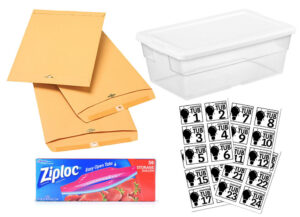
To prep: print, laminate, and attach the labels to the front of the Sterlite 6-quart tubs. I purchased each of the tubs at Target for about $0.90 a piece! The links to purchase the tubs can be found below. You will want to prep the materials for the following month’s morning tubs in advance. I suggest you store all of the previous month’s materials in large yellow envelopes or Ziplocs. I buy the 9 x 12 envelopes and the gallon-sized Ziploc bags.
Below I’m answering some of the questions I’ve received about morning tubs.
Lyndsey, your photo shows 20 tubs. I have more than 20 students in my class. What do I do?
Don’t fret! I’ve got you covered. There are many different ways to use morning tubs in your classroom. There is no right or wrong way. Below I’m listing a couple of options.
Option 1: You can add additional tubs if you wish, so each student has his/her own tub. There are more than 20 tub activities in each part of the bundle.
Option 2: Many activities allow opportunities for students to work collaboratively so you may not even want to include 20 tubs! A good tip to help students distinguish between an independent tub vs. a collaborative learning tub is to simply mark the collaborative tubs with a sticker or dot. See the example to the right.
How much time is necessary to implement hands-on morning activities?
You can allot as few or as many minutes as your schedule allows. Most schedules that I’ve seen allow about 8-15 minutes each day, but if your schedule allows more or less time, that is perfectly fine too. The tubs are set up to allow you to have a whole lot of flexibility. A big bonus that you will discover is that your students hustle in the morning so they can get inside to begin the morning, so you may discover you have even more time than you scheduled.
What happens if students can’t work collaboratively or if students mistreat the morning tub materials?
Learning to work together is important. Learning how to treat materials is important. When I was at my last school, we had a class pact that went like this:
- I am respectful.
- I am responsible.
- I am ready to learn.
- I am allowing others to learn.
- I am creating a safe school.
If I saw that a student wasn’t following our class pact during morning tub time, they lost the privilege of working with morning tubs that day. No warnings. No “please stop doing _____.” They were simply asked to clean up and begin another non-morning tub activity (handwriting workbook, Read to Self).
This was the simplest and most effective way to deal with this issue. Fortunately, it did not happen too often!
Any cleanup tips? How do you get students to properly put away morning tub materials?
Excellent question! I liked to play music in my classroom. Our class favorite was George Winston’s Summer album. It’s soothing, cheery (but not crazy or wild), and not distracting.
Here’s how we did it. Music would play as students trickled into the classroom. Students knew that morning tub time was in effect until our clean up song came on (about 15 minutes later). I always opted for a clean up song from the Learning Station on YouTube. But you can still feel free to choose any song you wish! I tried to keep the cleanup song to around 2 minutes.
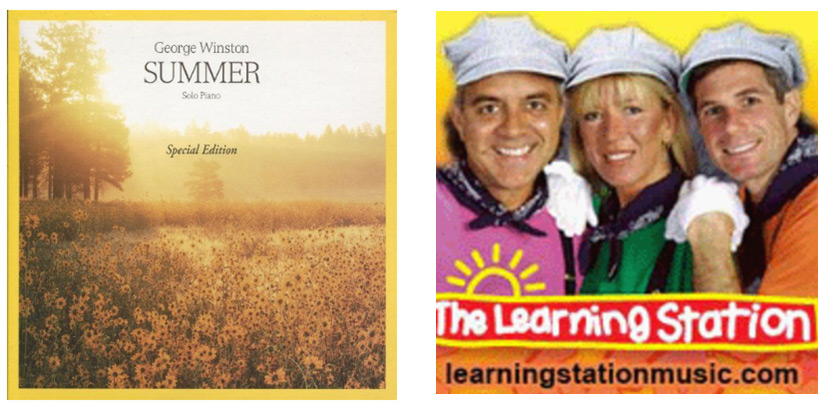
Be sure to emphasize the importance of putting things back the proper way. If one of the hands-on activities required students to use a dry-erase marker, they need to erase their writing (a piece of cloth works well for this or an actual eraser). Or, if they built a tower with Legos, they need to break down the tower completely before putting it back in the tub.
Model what TO DO and what NOT TO DO so they get a clear picture of your expectations!
How many tubs should I introduce to my students at one time?
This is another wonderful question. I suggest that you model one to two tubs at a time at the beginning of the year (or until you feel they understand their purpose). Later on, in the school year, you may find that you can model more than one or two tubs at a time.
Do you provide recording sheets to use along with the hands-on tub activities?
No, I do not provide recording sheets. The purpose of morning tubs is not to monitor their understanding of a skill. It’s for collaborative learning, practice, play, and creativity.
What happens if a student(s) finish their morning tub activity before the clean up song comes on?
I never allowed my students to trade out one morning tub for another tub because we never spent too, too long working on morning tubs. Usually, the students would continue working until the cleanup song came on. However, if you come up with a “switch it out” system that works for you, I say go for it! But, I never felt it was necessary.
Do you allow students to pick their morning tubs or do you pick them?
This is really up to you! I always allowed students to choose. They could choose to work in a group of up to 3 students. I also encouraged them to choose based on the activity and not based on who was at that tub.
However, if you are really worried about students always working with best friends, you could choose which tub they work at. I think morning tubs nicely lend themselves to being a little strategic with who students collaborate and socialize with. If you want to give students a choice, you could allow students to have “Free Fridays” where they get to pick which tub they want to go to.
I have always done morning journals. I’m worried that if I do away with journal time in the morning, my students won’t be writing enough. Any suggestions on how to do both morning tubs and journals?
I hear you! Students need time to write. To help with this conundrum, I included a journal option in the morning tubs. Instead of each student having their own individual journal in a tub that they have to sift through to find, I added class journals, along with writing prompts and picture cards.
If you feel that that still isn’t enough writing time, I completely understand. You could easily incorporate something like “Wordy Wednesday” in your classroom where morning tubs aren’t an option that day and students are required to write in their journals.
Or, another option that I’ve known some teachers do is to only have morning tubs available on Monday, Wednesday, and Friday to give their students more time for journal writing. There are a lot of options to make morning tubs work in your classroom. I promise! You can leave a comment down below if you need any extra help or you can join my K-2 teacher community Facebook group for more ideas!
P.S. Some teachers aren’t using morning tubs in the morning at all! They are using them after lunch and at the end of the day. That’s okay, too! To help you with this, I created different label options so you can make the tubs work in your classroom.
Morning Tub Materials
Below you will find a list of recommended materials for the hands-on activities. These materials are not required; however, I wanted to include them, just in case you are interested. A lot of these materials are items already found in a lot of classrooms. You can also find the clickable links to all of these items by downloading the Preview here.
Year-Round Materials
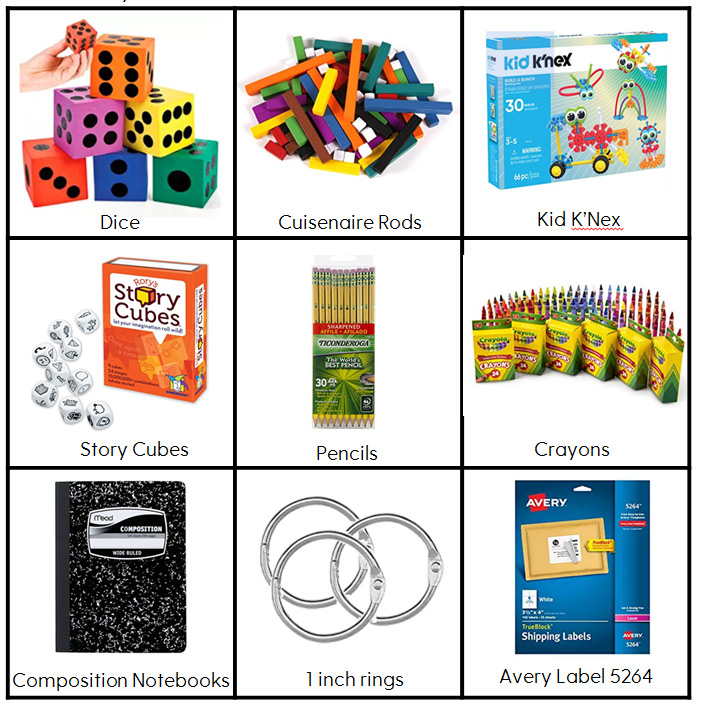

If you’re ready to dive into morning tubs, I’ve got you covered. Below I am sharing some of my absolute favorite morning tub activities and ideas. The morning tub bundle includes more than 200 morning tub ideas. This is just a sample of those activities. The hands-on activities get more challenging as you progress through the school year. The best part? The novelty will never wear off because the activities remain fresh, fun, and challenging!
Sample Hands-On Morning Tub Activities
Morning Mission Task Cards
Morning Mission Task Cards are perfect, low-prep cards that you can add to morning tubs with manipulatives. I suggest making multiple copies of these cards so that you can add them to each of the manipulative tubs. There are two versions of these mission cards, so you can select the version that you believe is best suited for your class.
The Morning Mission Brain Books shown below can be used in your classroom alongside the Morning Mission Cards. Students can write down their ideas and sketch their creations. I suggest having a separate bin placed near the morning tubs which include these Morning Mission Brain Books so students can easily access them as they create, if they wish.
Here’s a close up of some of the Morning Mission Cards which are differentiated to meet your students’ needs.
Class Journals
Place these writing cards, along with the picture and word cards, in a morning tub with the monthly class journal. Get the free labels, writing prompts, and more by signing up for the freebie below. These will be the perfect addition to your morning tubs!
I suggest leaving this tub open-ended. Some students may want to write about a current event happening in the classroom (or something else) while others may need more guidance.
Glue the model pages at the front of the composition notebook. Students can refer back to this if needed, as they write. In my class, I have allowed students to do a “joint journal entry.” This means two or three students work together to write a story, comic strip, etc. They absolutely LOVED this!
Wormy Apples
For this activity, you will need to hole punch the side of each apple so you can place a green pipe cleaner “worm” in the hole. I twisted the backs of the pipe cleaners to secure the worms.
Students can use a stretch band, Slinky, or their hands to stretch out the sounds they hear in each word. Then, they can build the word using string-up alphabet letters. Fun and effective! How cute are those worms?
Sentence Scrambler
Students will unscramble each sentence and then match it to the correct picture. The sentences are simple for the beginning of the year.
Letters Crossing
Letters Crossing is a fun way to practice letter formation and identifying letters in different fonts.
Students can use yarn, pipe cleaners, play dough, or apple erasers to build each letter on the big letter cards. Then, they will have to be letter detectives by circling the correct letter on each sheet.
Clip It Cards
Students will first identify the image that the character is holding. Then, they will have to identify the initial and final sound and the corresponding letter by clipping the correct letters. A perfect way to build fine motor skills too!
Apples on Top
Students will have to read the CVC word on the card and then sort it according to the correct sound-spelling. Students can sort the apples in each basket with the matching sound-spelling.
Snack Match Up
Students will identify the matching picture and CVC word by placing the sack with the correct sandwich.
Colorful Connections
Students will connect the picture to the correct ending letter, and will then write in the remaining letters to build a CVC word.
Sticky Vowels
Students will look at the picture in the corner of the card. They will identify the vowel sound and its corresponding letter. They will write the vowel letter on the space.
Pencil Rhymes
Students will read and locate the rhyming pair to make a whole pencil.
Nature Tub
Fill this tub with items found in nature. I suggest keeping these observation books in a bin close to the morning tubs, so then the students can easily locate their observation book and begin exploring the different materials.
The Number Bus
Students will select a bus number word card. Then, they will write the number, draw a picture to show the number, show the number on a tens frame, and move forward/backward on the number line to get to the new number.
Ten and Twenty Frame
Students select a card and place the corresponding number in the frame. Students can use pom-poms, counters, cubes, or these adorable pencil erasers!
Clip It or Poke It
Students will count the objects. Then, they will clip (with a clothespin) or poke (with a pipe cleaner) the matching number. If you decide to have students poke the correct number, you will need to punch a hole next to both numbers.
Apples in a Row
Students will write the correct number in the sequence.
Crayon Match-Up
Students will add the two addends together to find the sum. Students may need to use manipulatives to help them count. These crayon erasers are perfect for that purpose!
How Many Seeds?
Students will add the correct amount of seeds to the apple. They will then write the number in the space.
Apple Pickin’ Time
Students will identify and write the missing number. They can use manipulatives to help them count.
Count ‘Em Up
Students will count each object and write the correct number at the bottom. Students can use manipulatives, if needed, to count using one-to-one correspondence.
Which Has More?
Students will look closely at the number on each backpack. They will build a tower to determine which number is greater between the two. Students can circle the larger number OR they can write in the < or > sign.
Crayon Counting
Students will look at the number on each box. They will count the objects on each crayon, and sort them to the correct box. Students can use manipulatives to help them if needed.
Click below to access the bundle – which includes 200 hands-on morning tub activities and ideas. This includes year-round morning tub activities, along with themed activities for EACH MONTH OF THE YEAR, excluding summer months.
Love this resource and wish you had access to more like it? Want instant access to a library of resources (for ALL content areas) catered specifically to you and your students’ needs? If you’re nodding yes, then be sure to join the LK Teacher Club!
When you join the LK Teacher Club, you gain instant access to the resource I share all about in this blog post, plus every other resource I’ve ever created ($6000+ value).
Not only that, but you’ll also have immediate access to more than 100 exclusive resources that aren’t found anywhere else!
Get ready to tackle teaching with confidence and ease! Click here to find out more about the LK Teacher Club.
P.S. I wrote a blog that gives you another in-depth definition of the morning tubs and how you can integrate them into your classroom! I will post it here.
P.P.S. There’s another blog that’s solely for helping your students master number sense with hands-on number activities! Click here to read the blog!

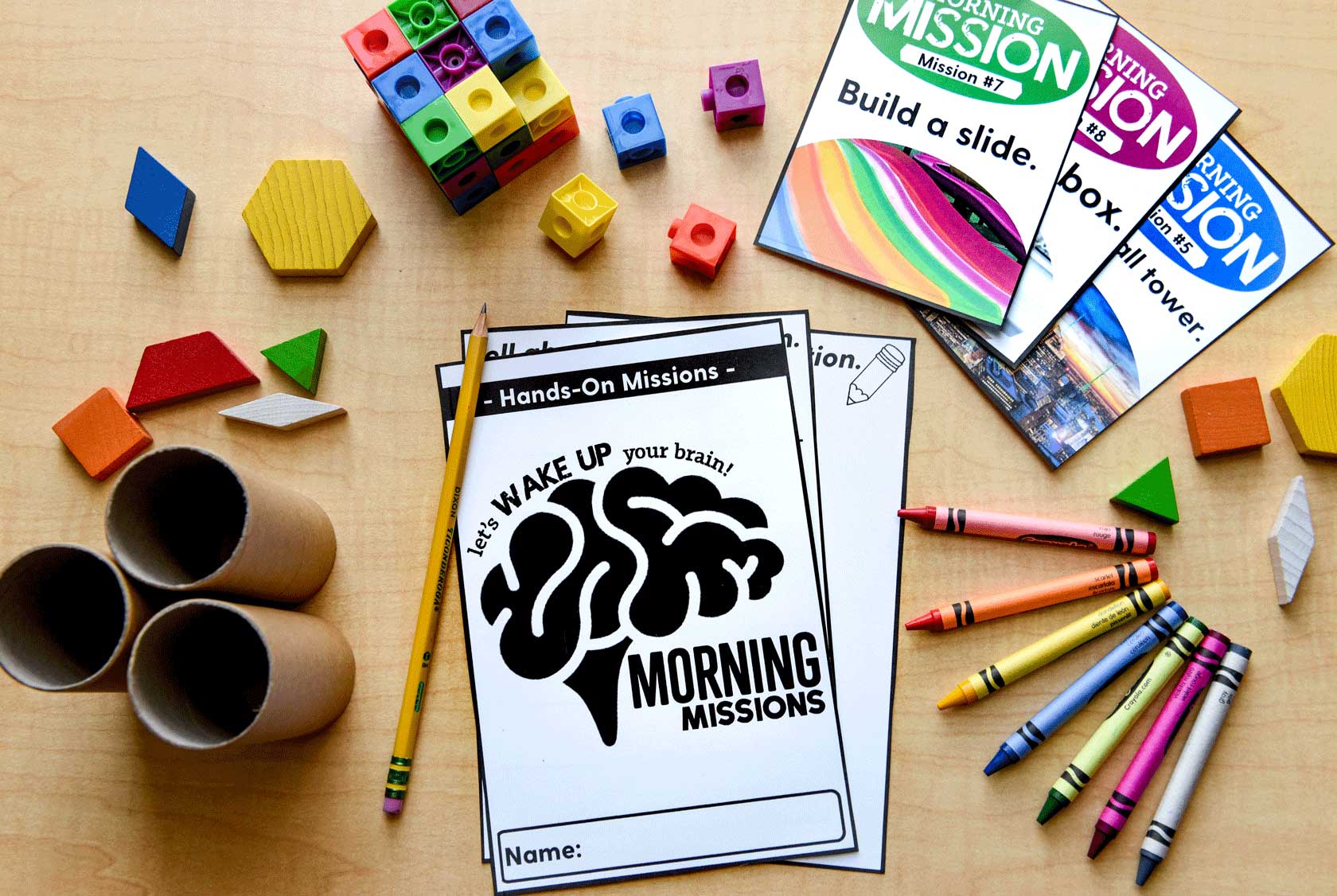
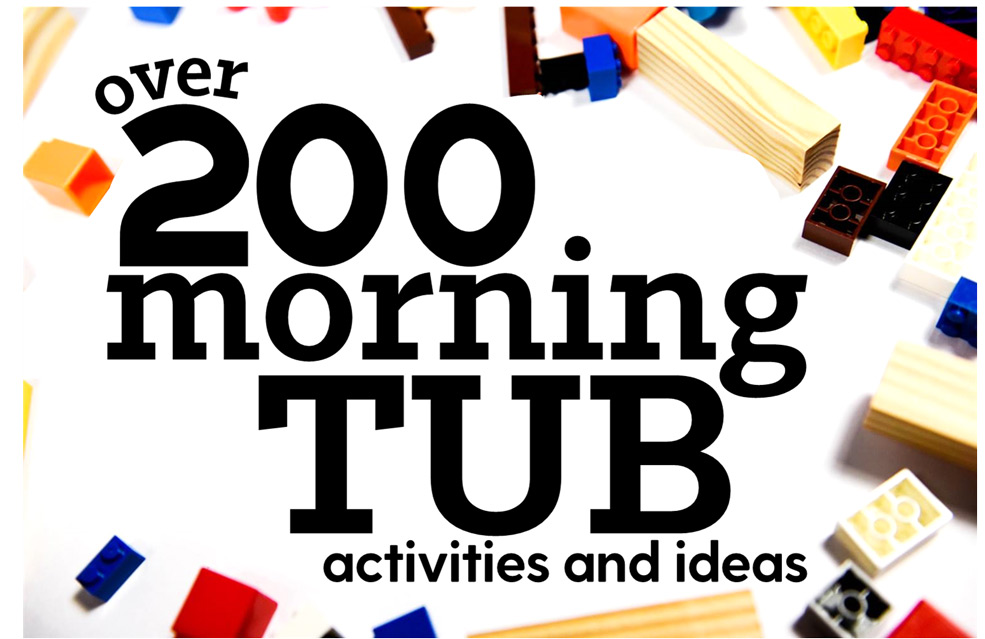
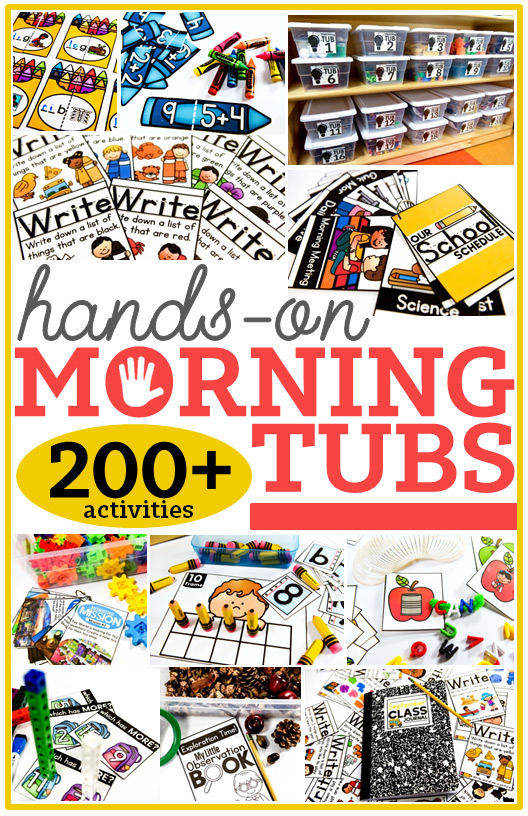

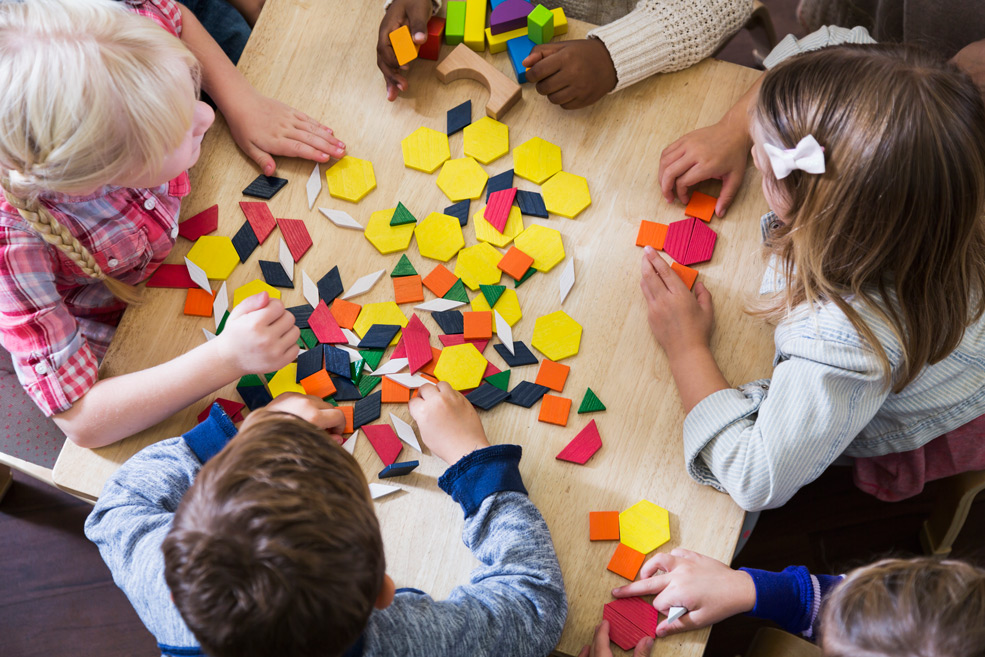
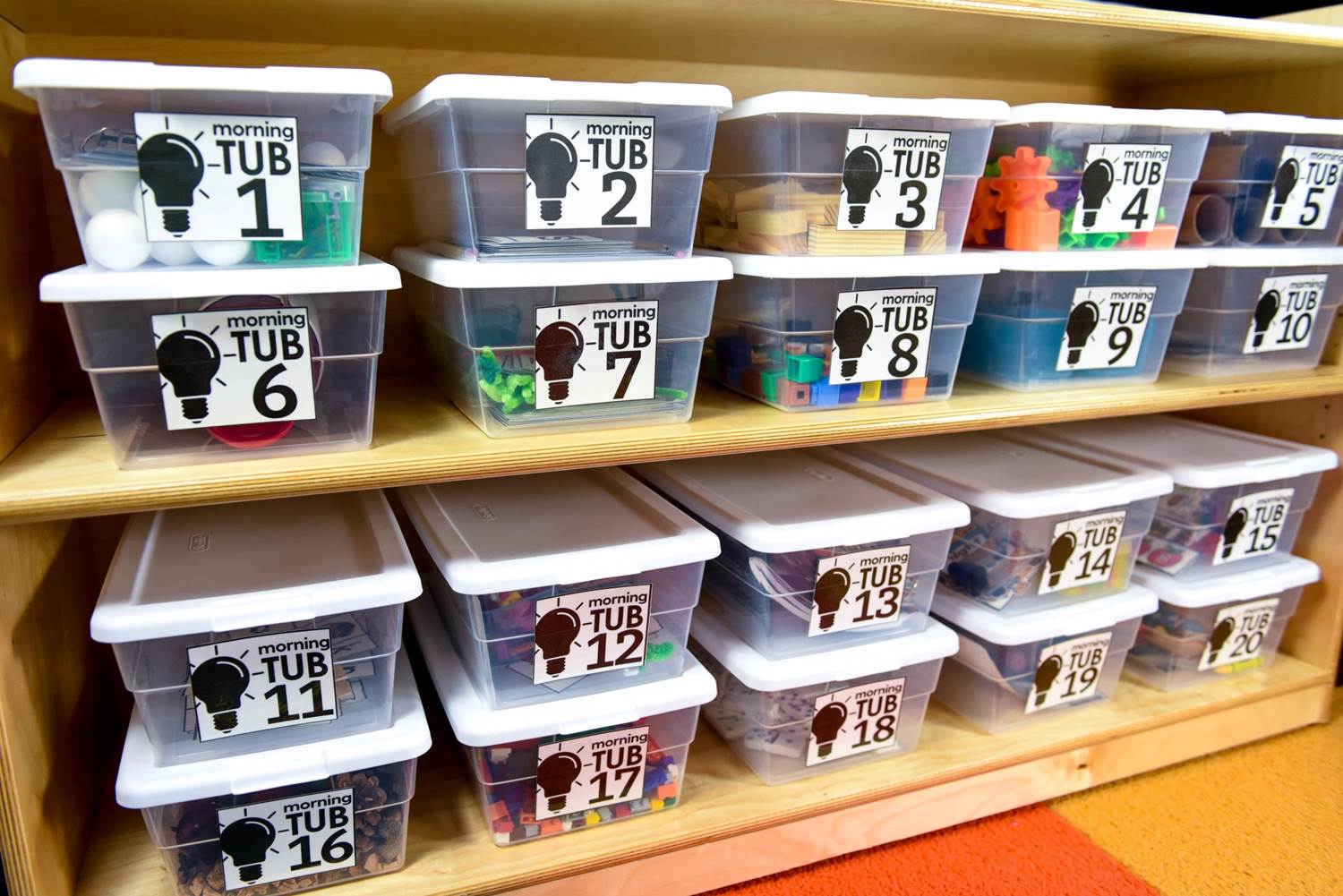

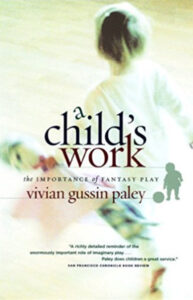
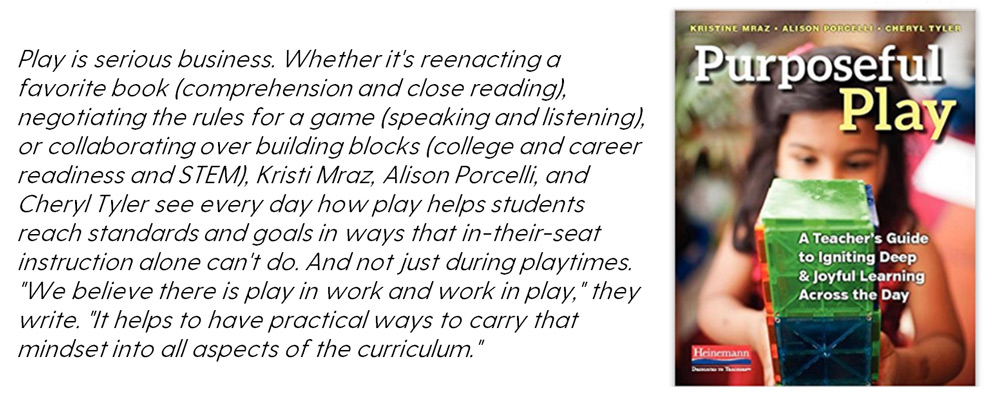
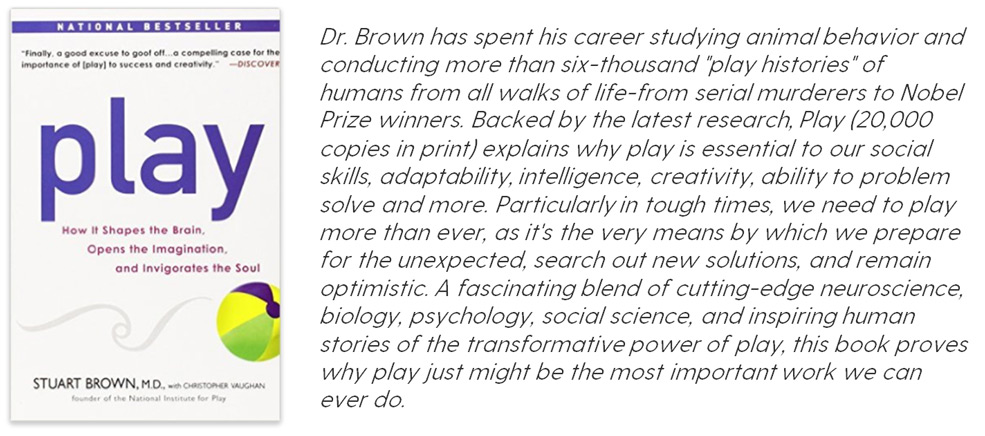
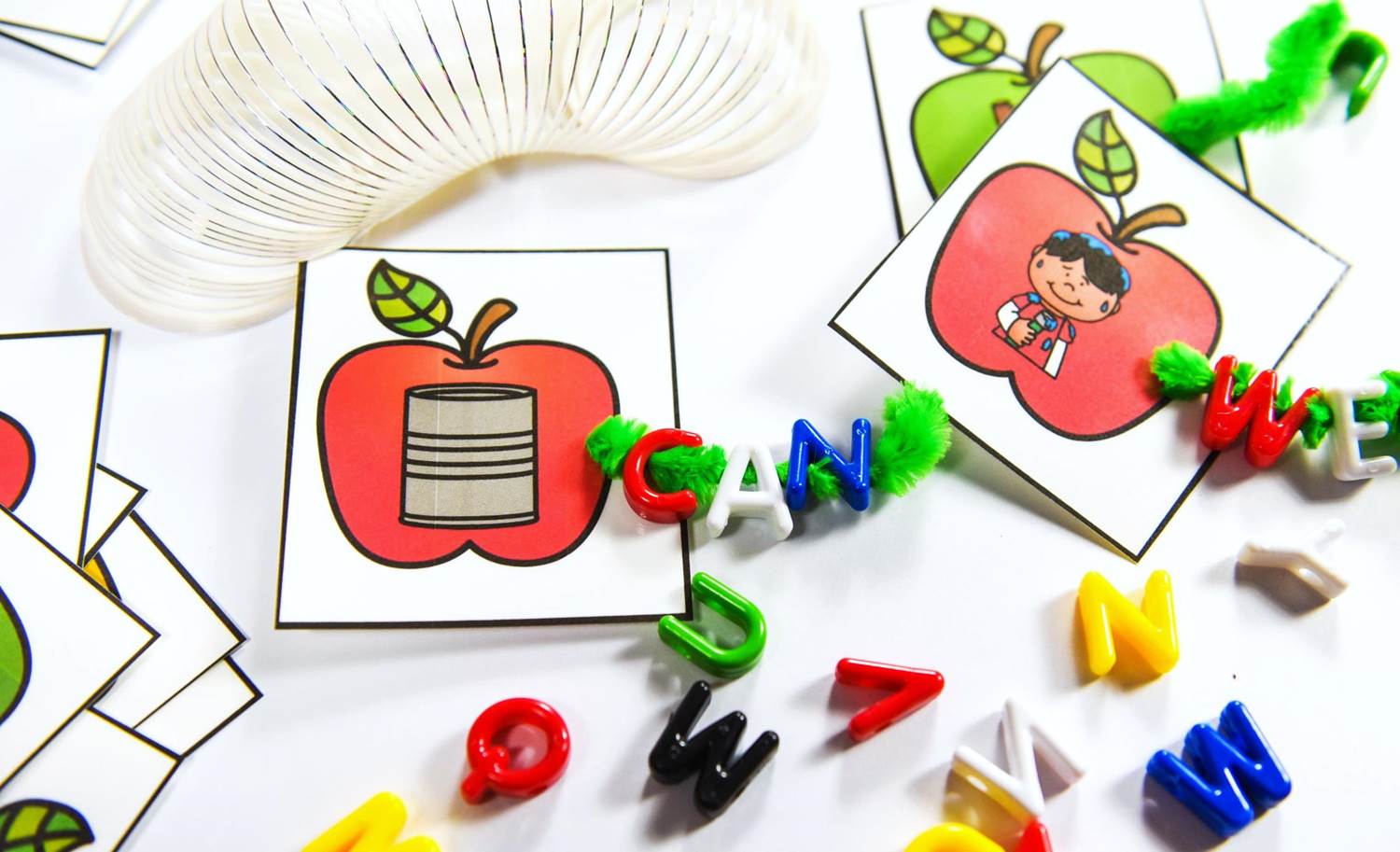
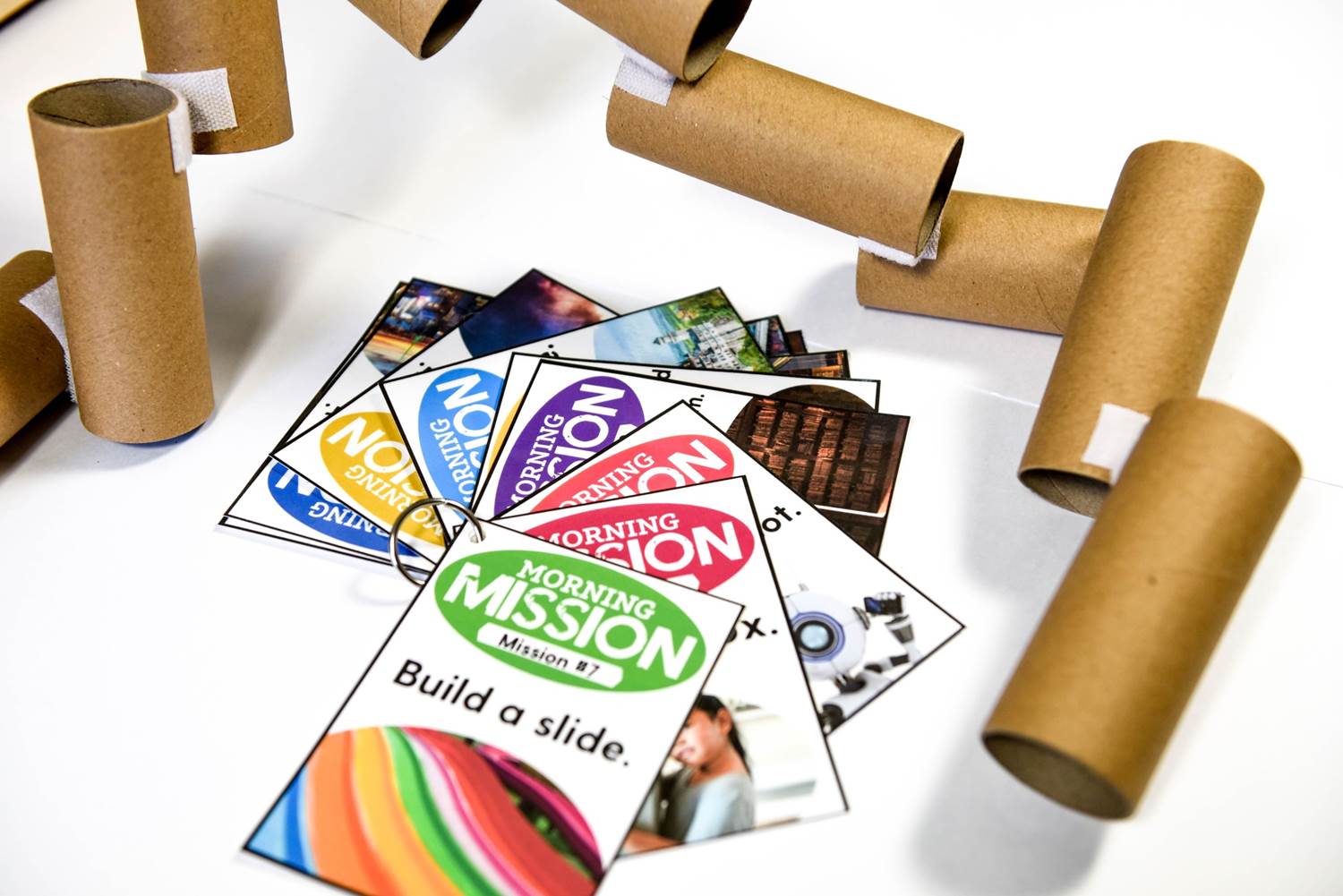

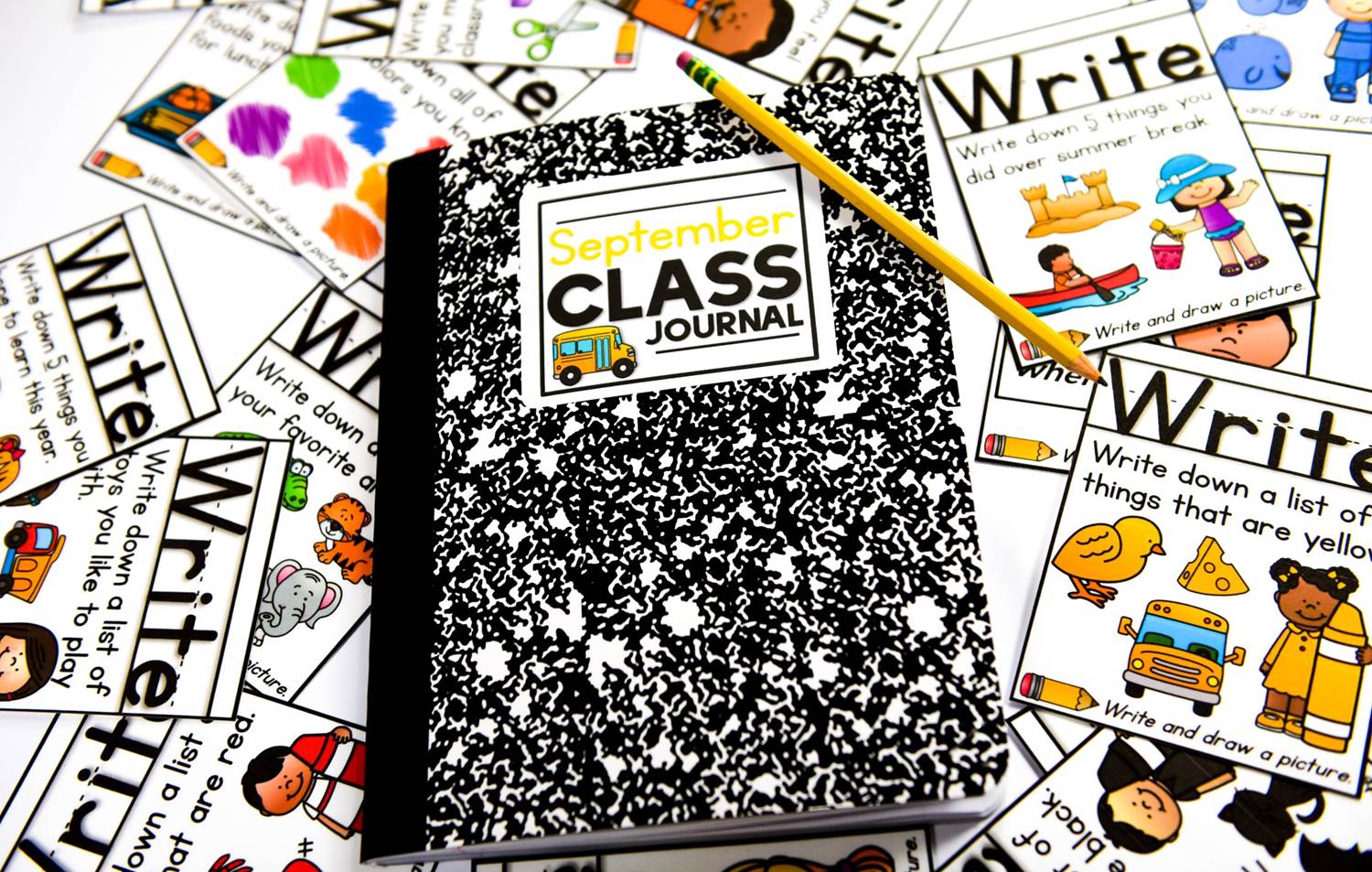
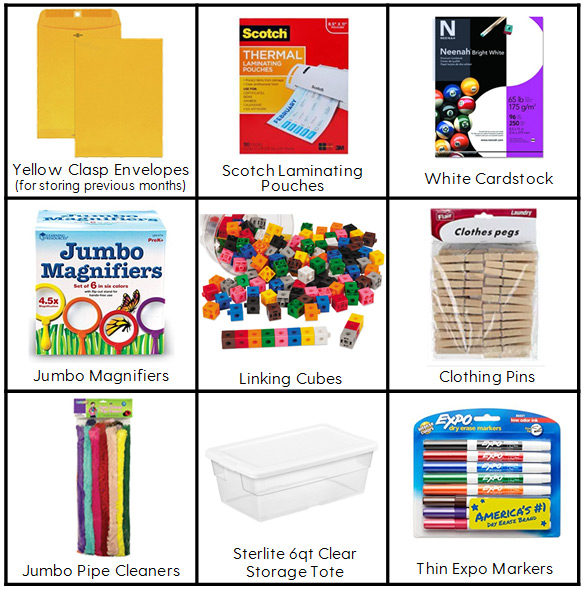

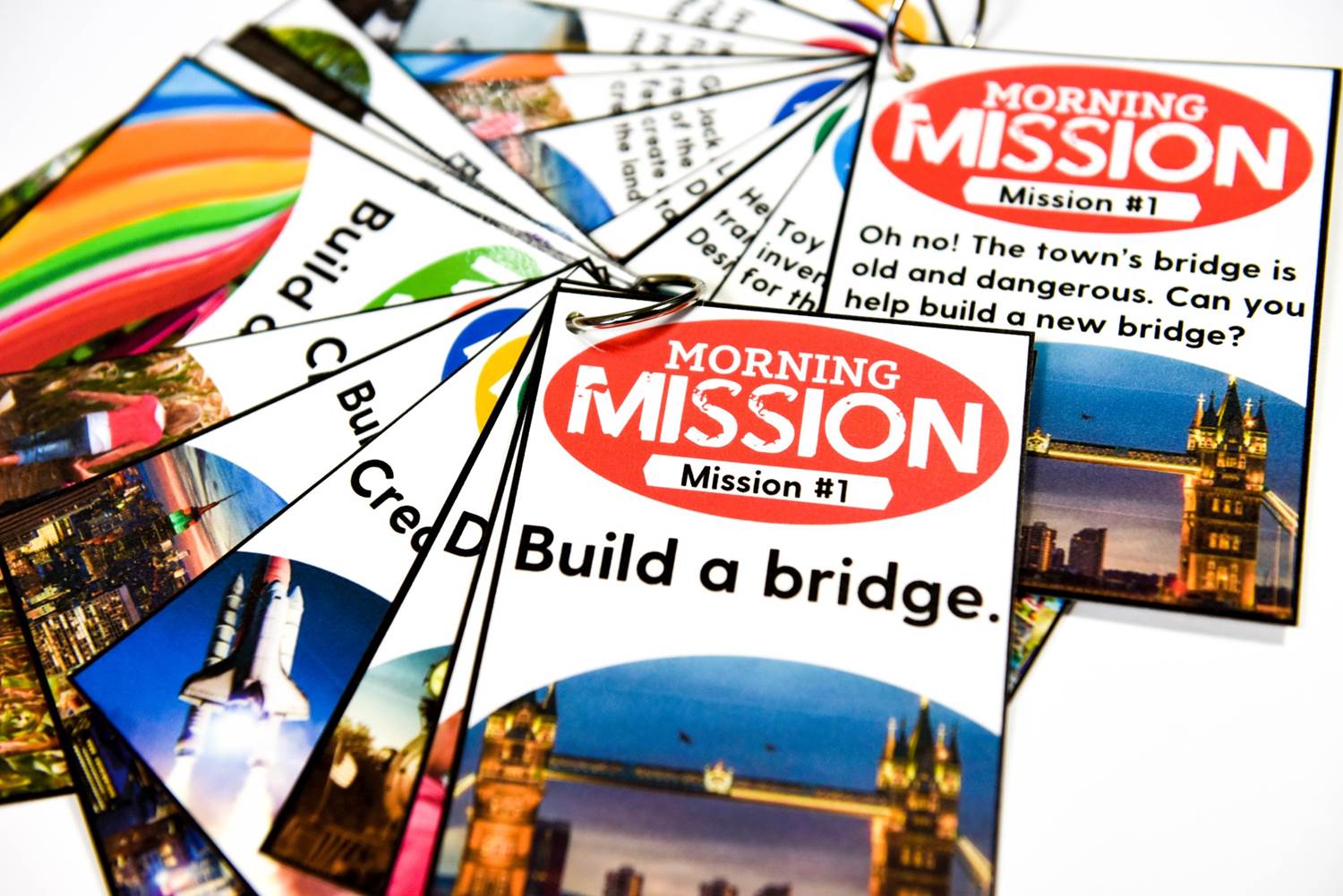
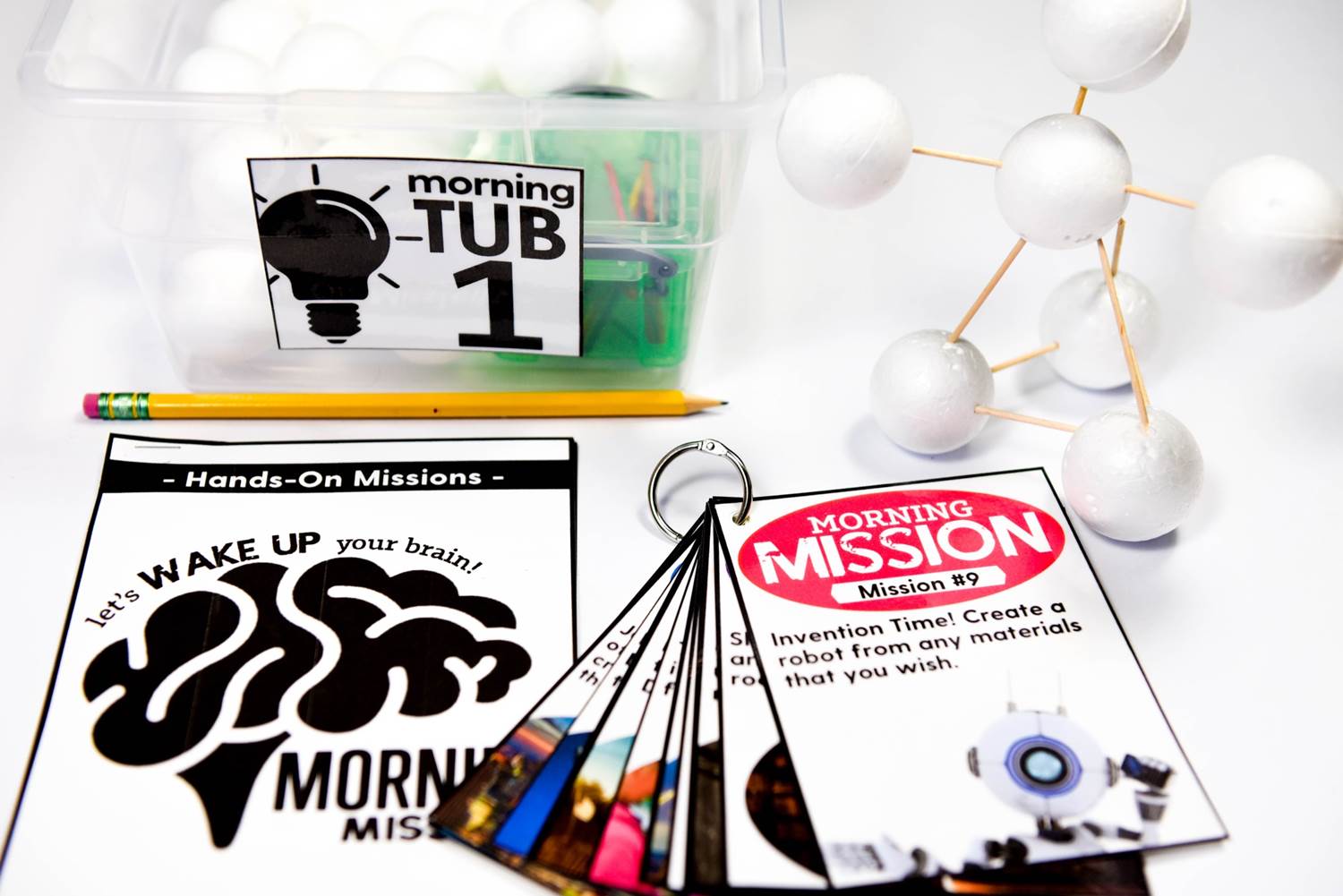
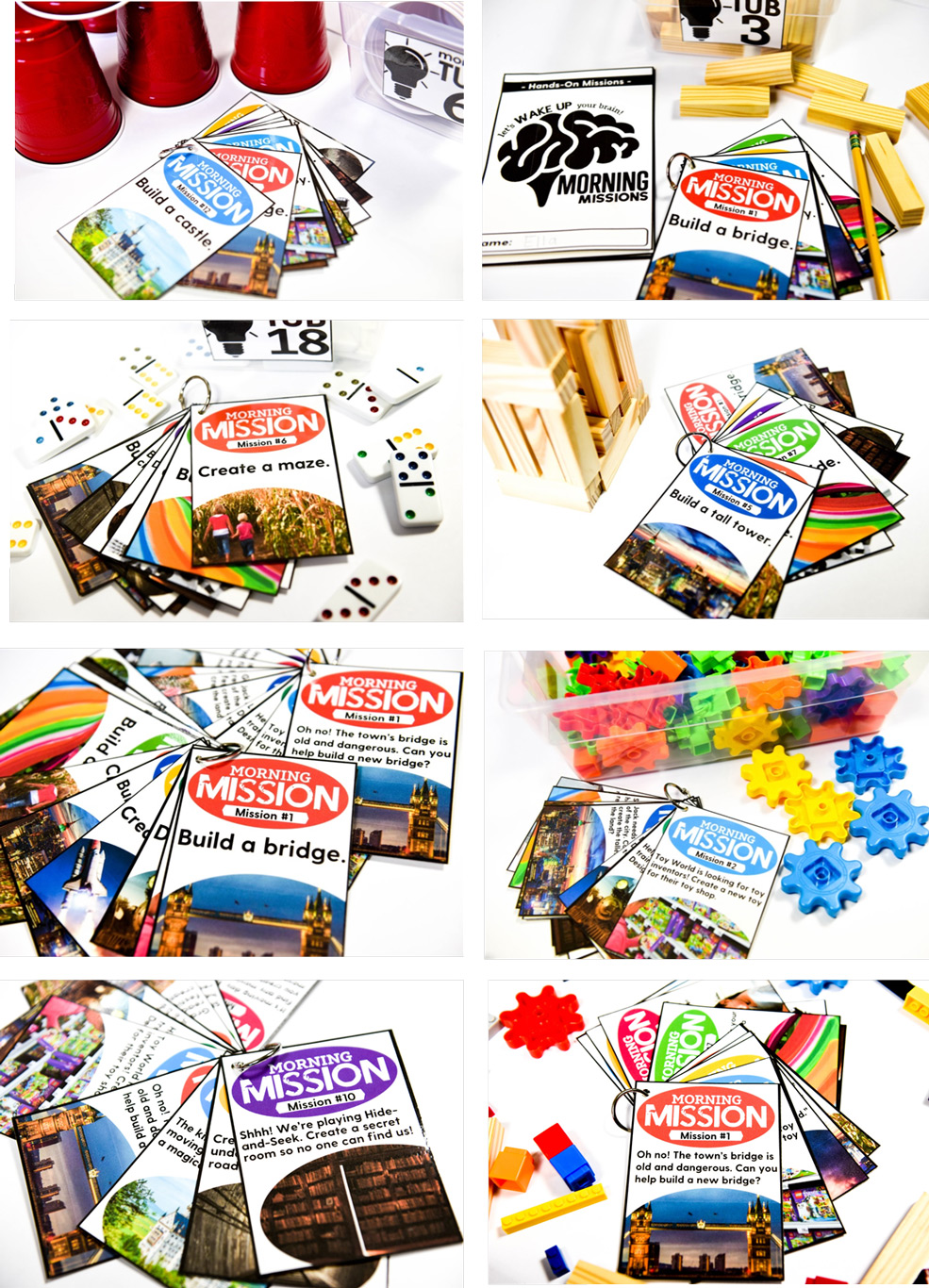
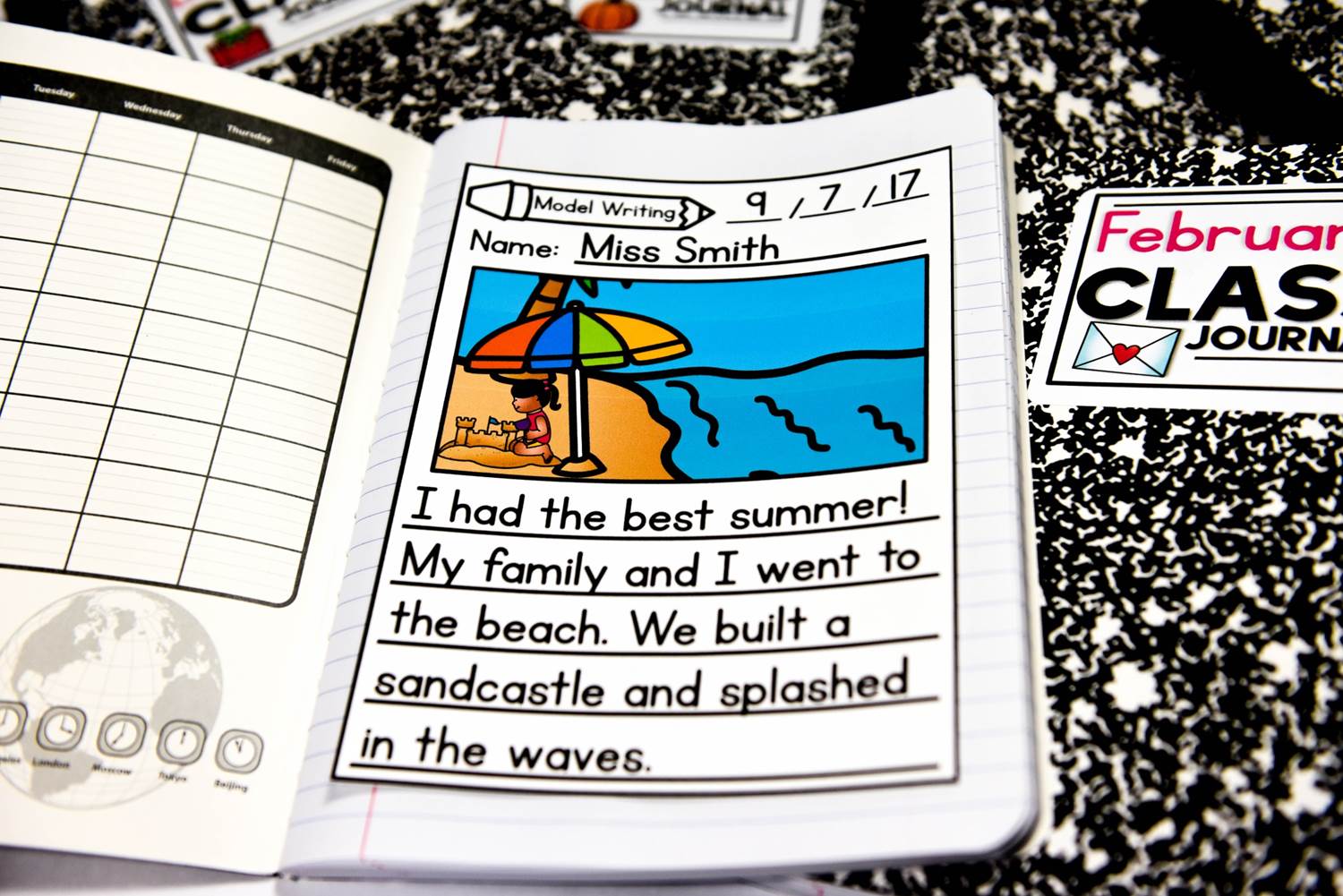
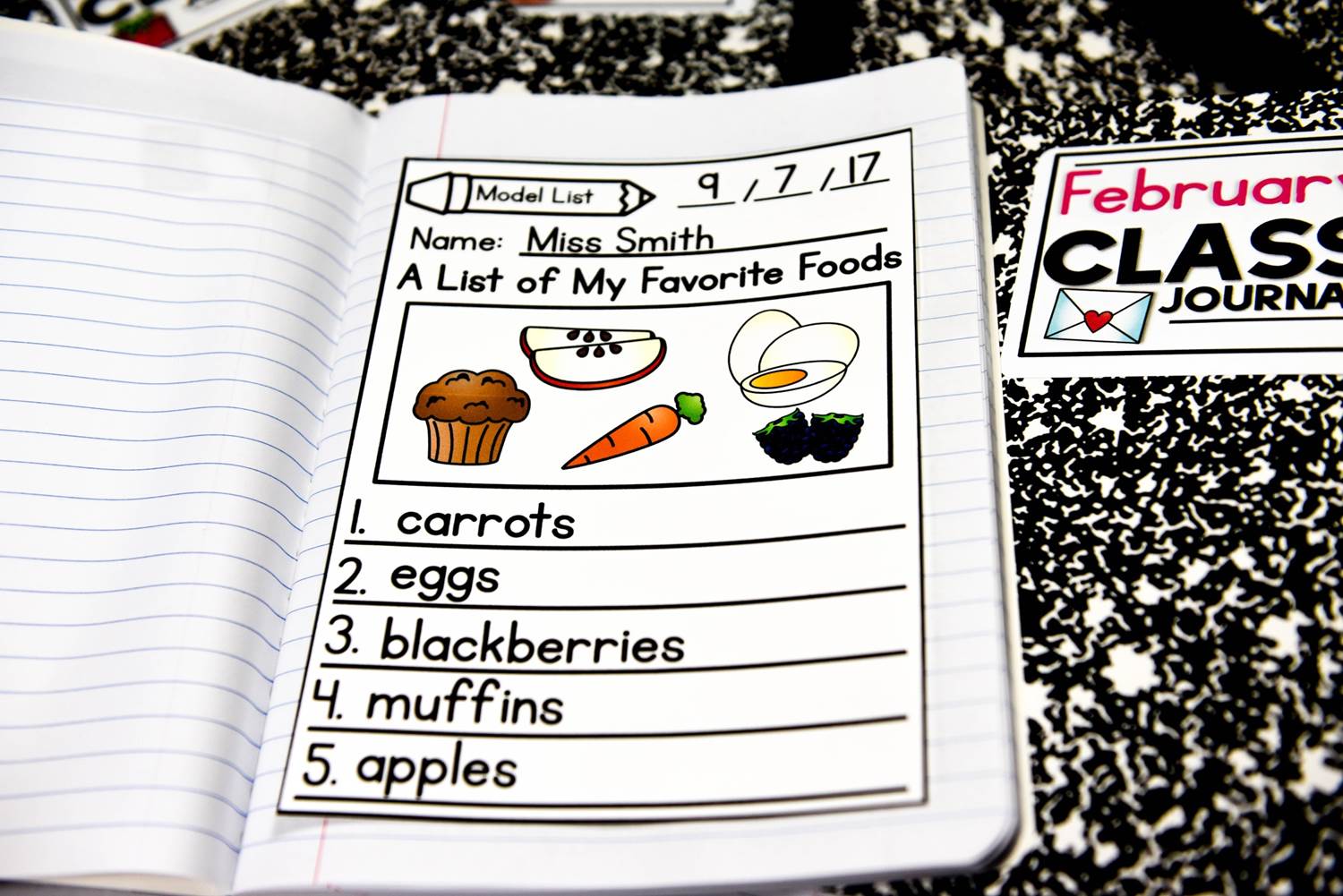
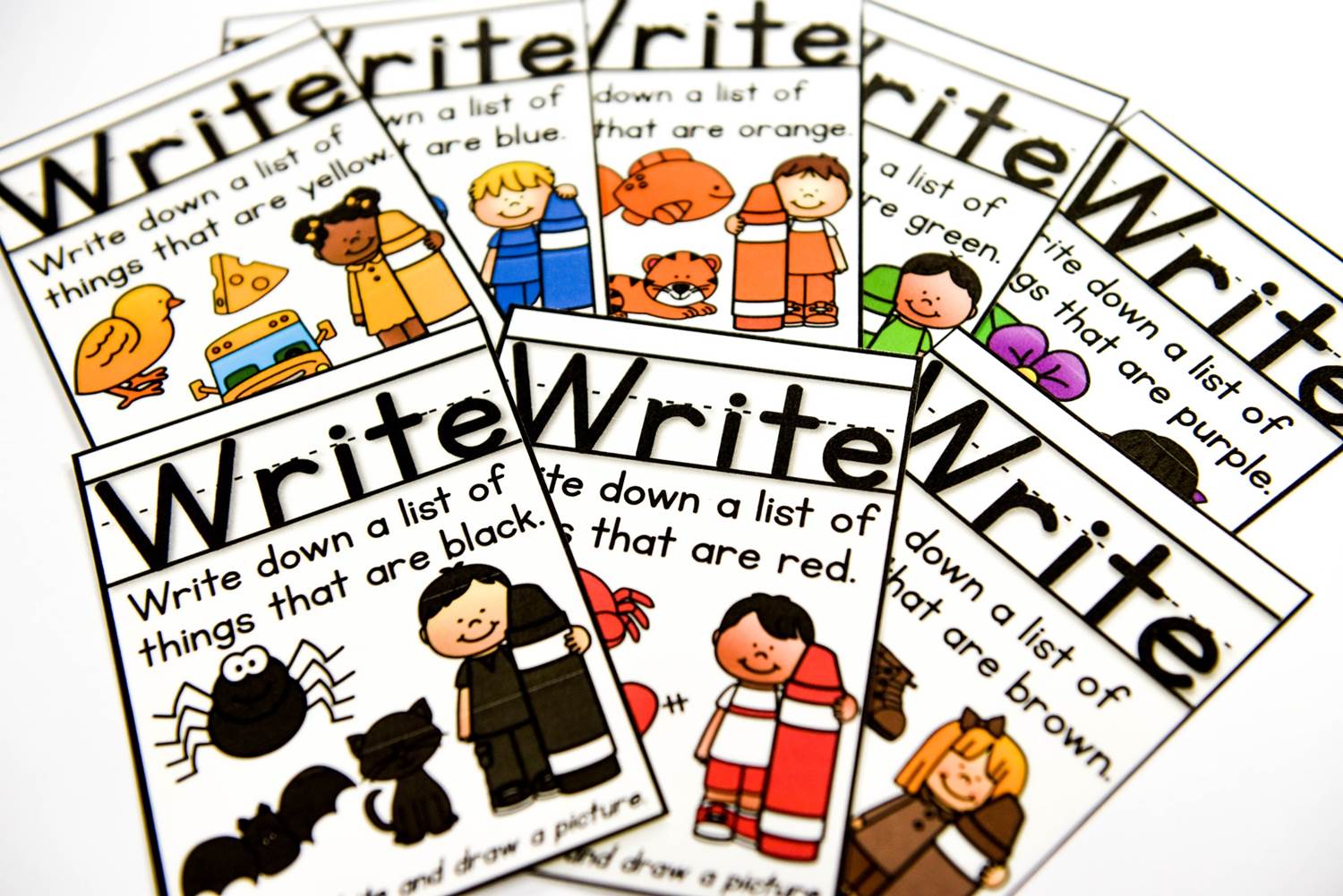
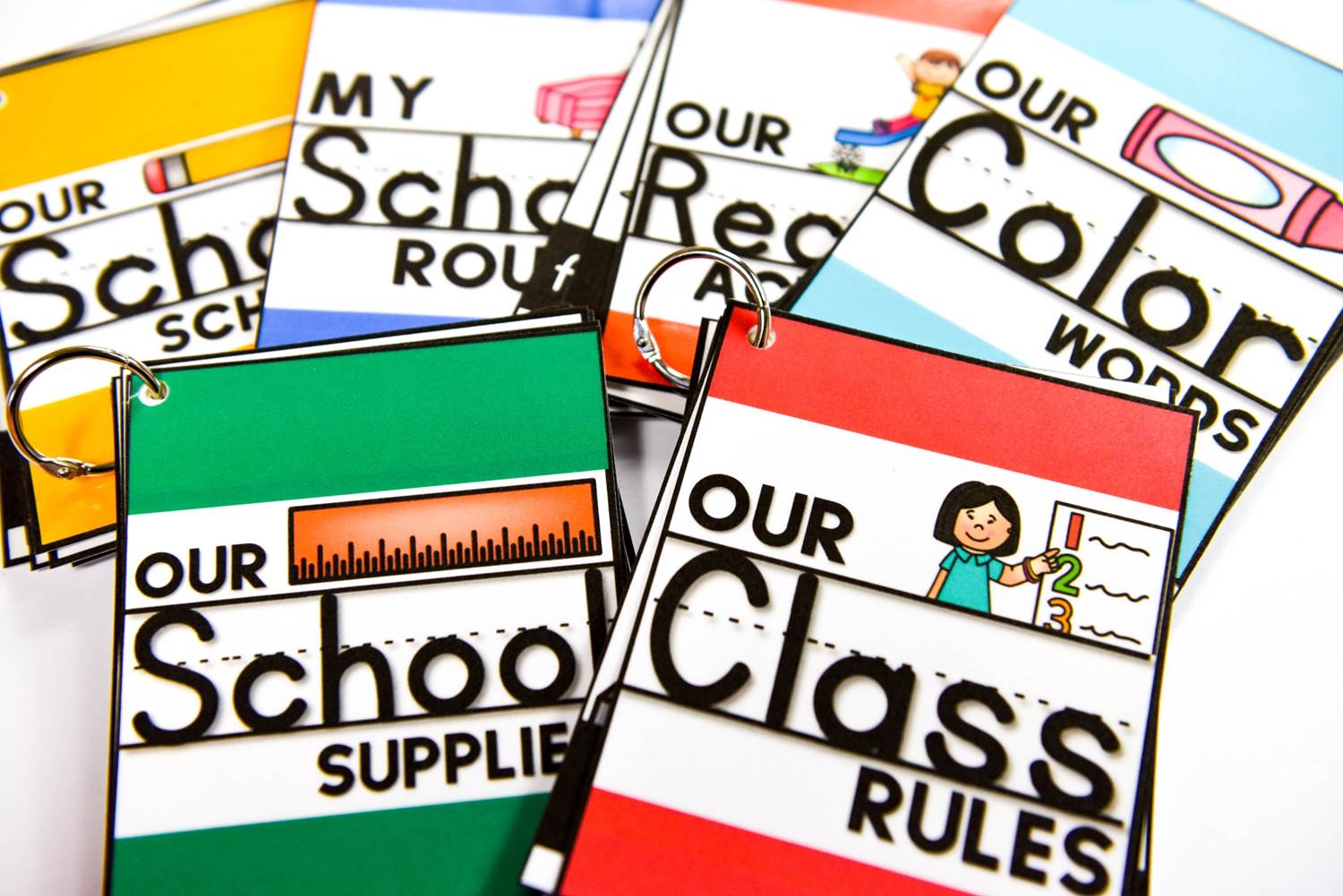
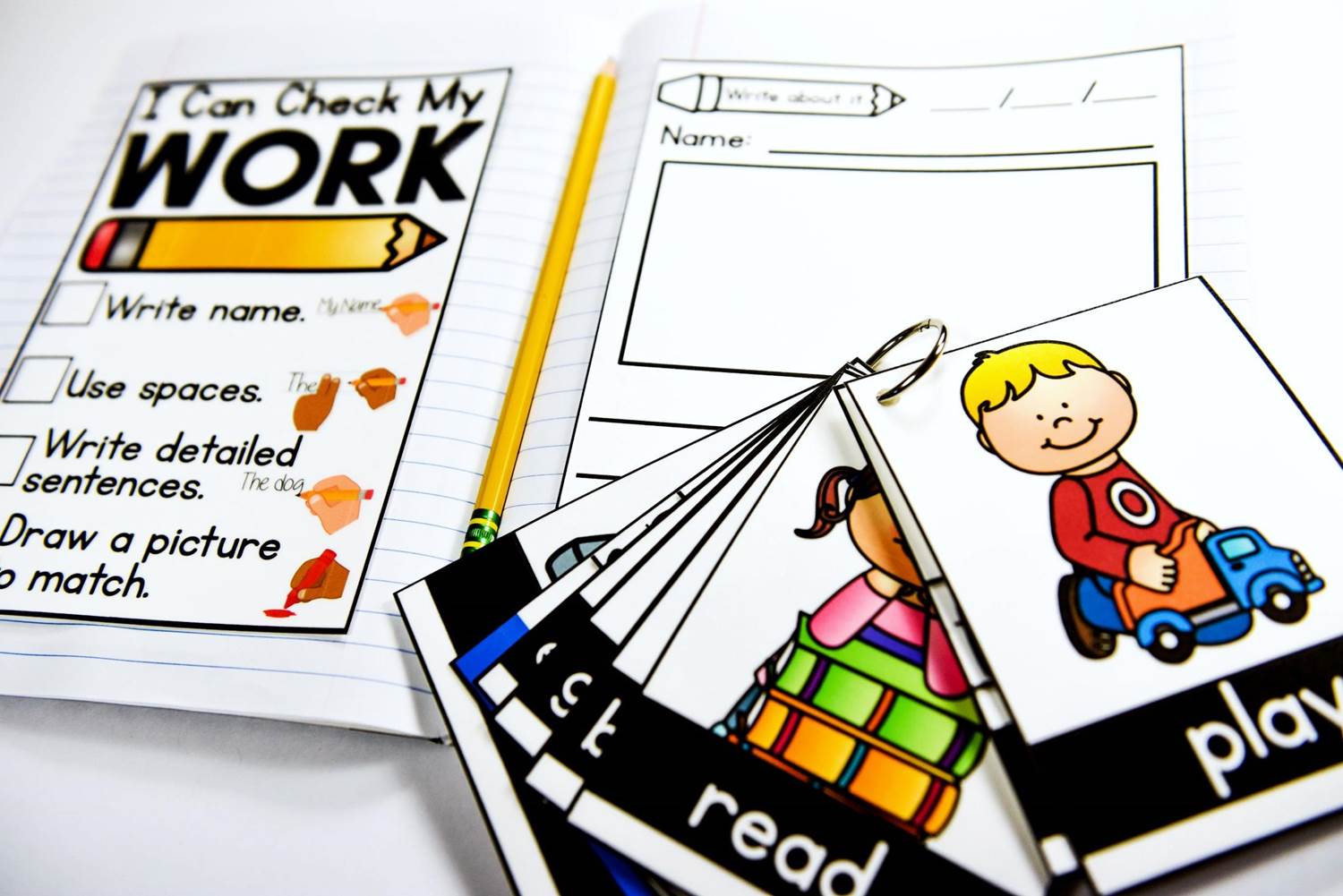
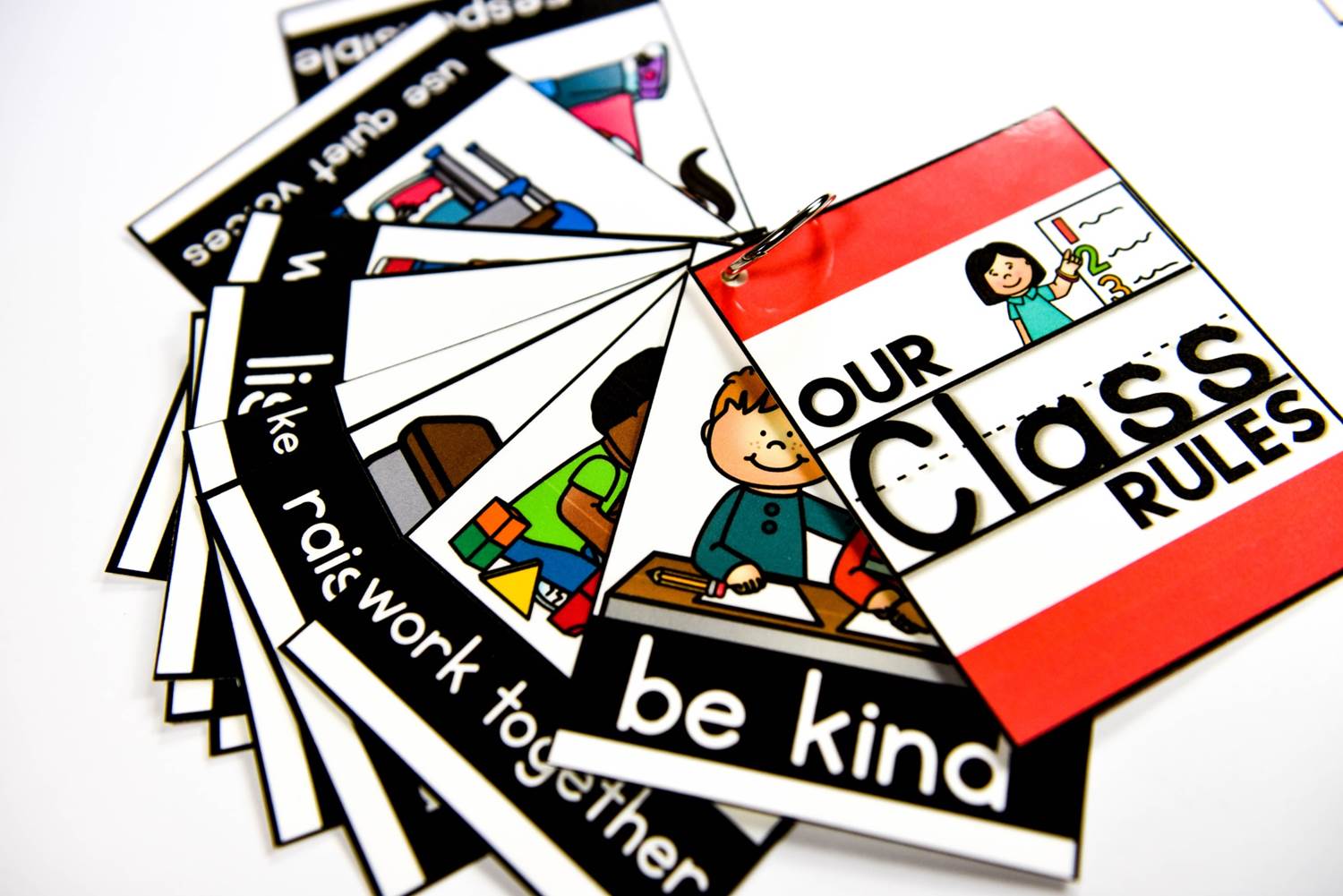
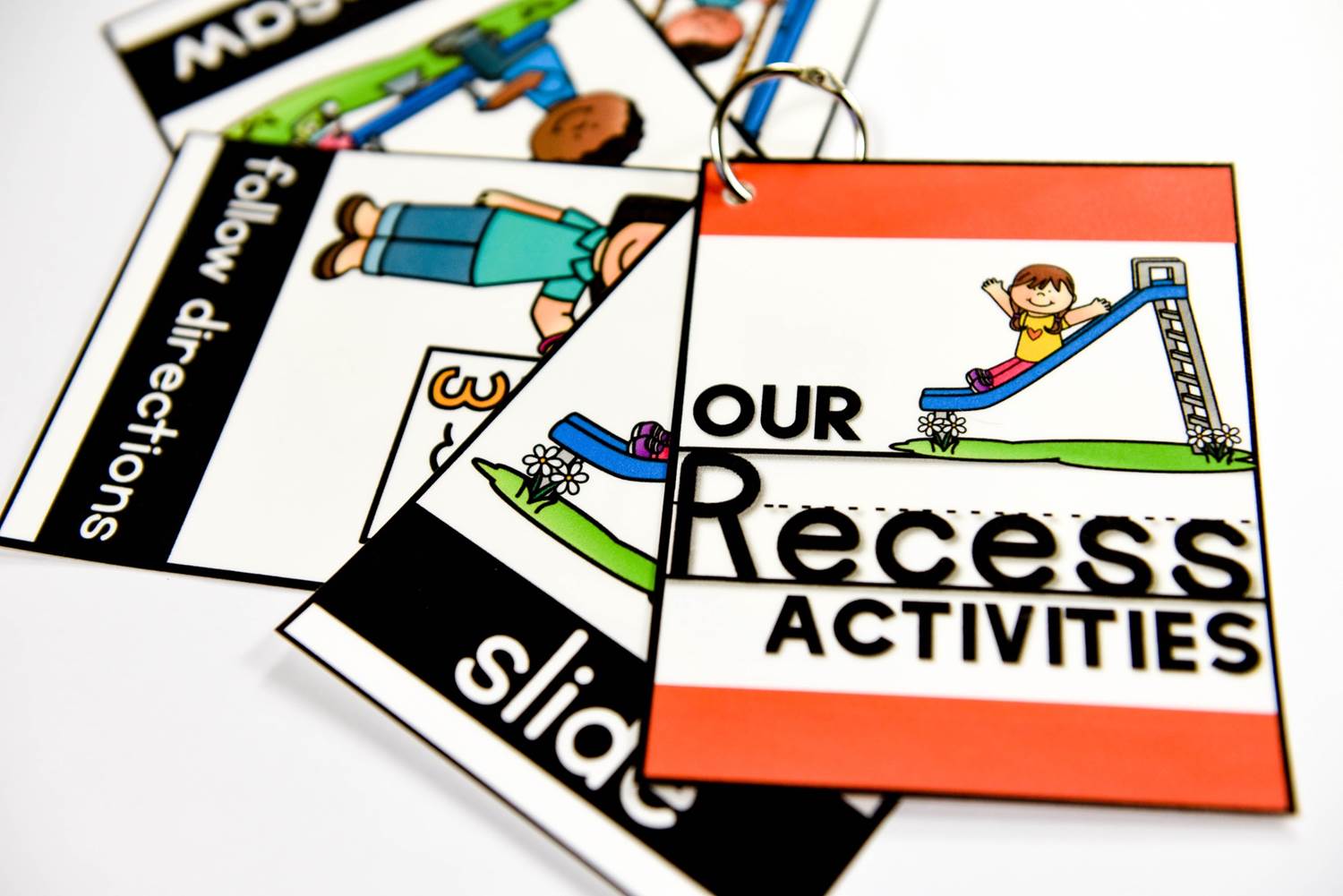
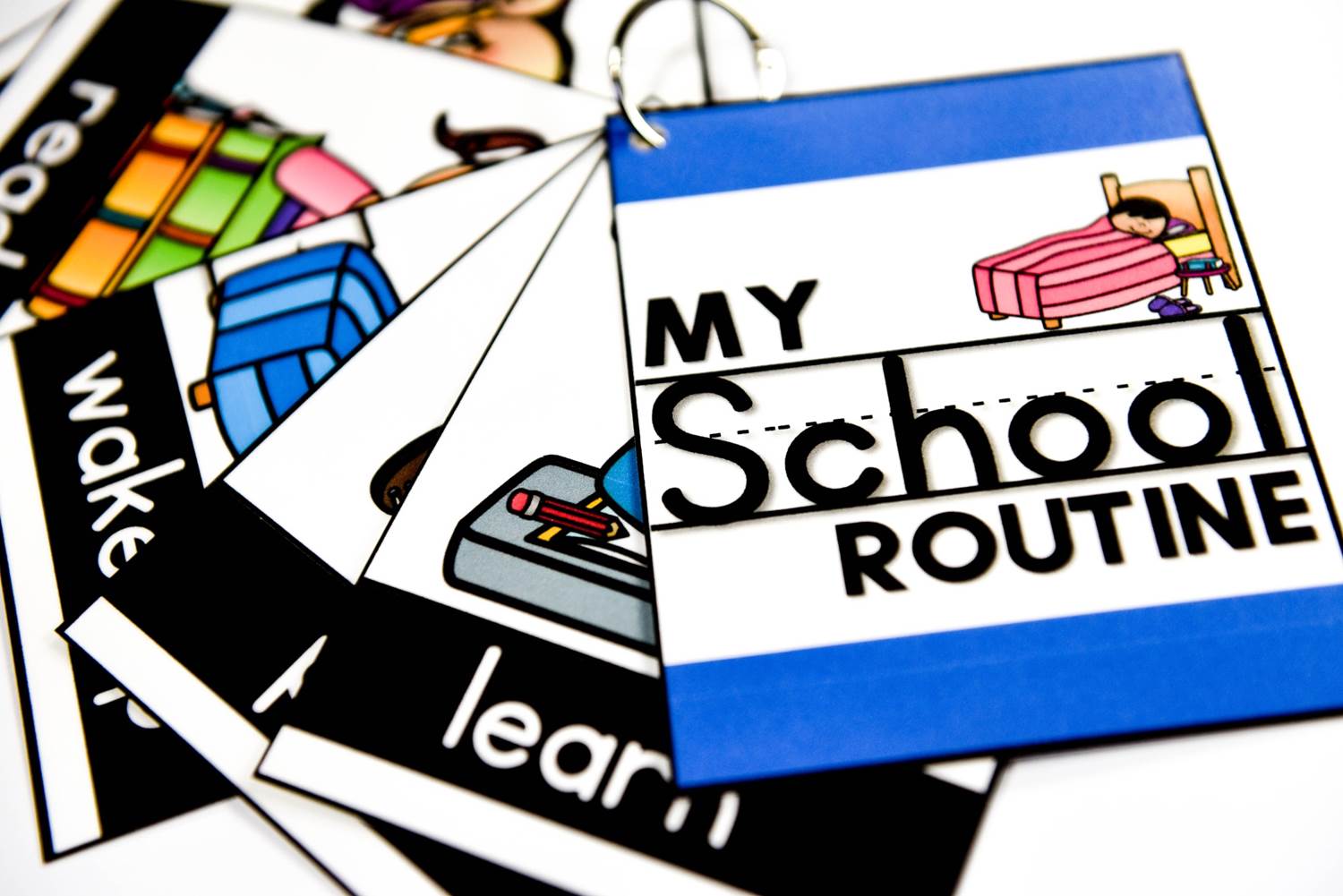
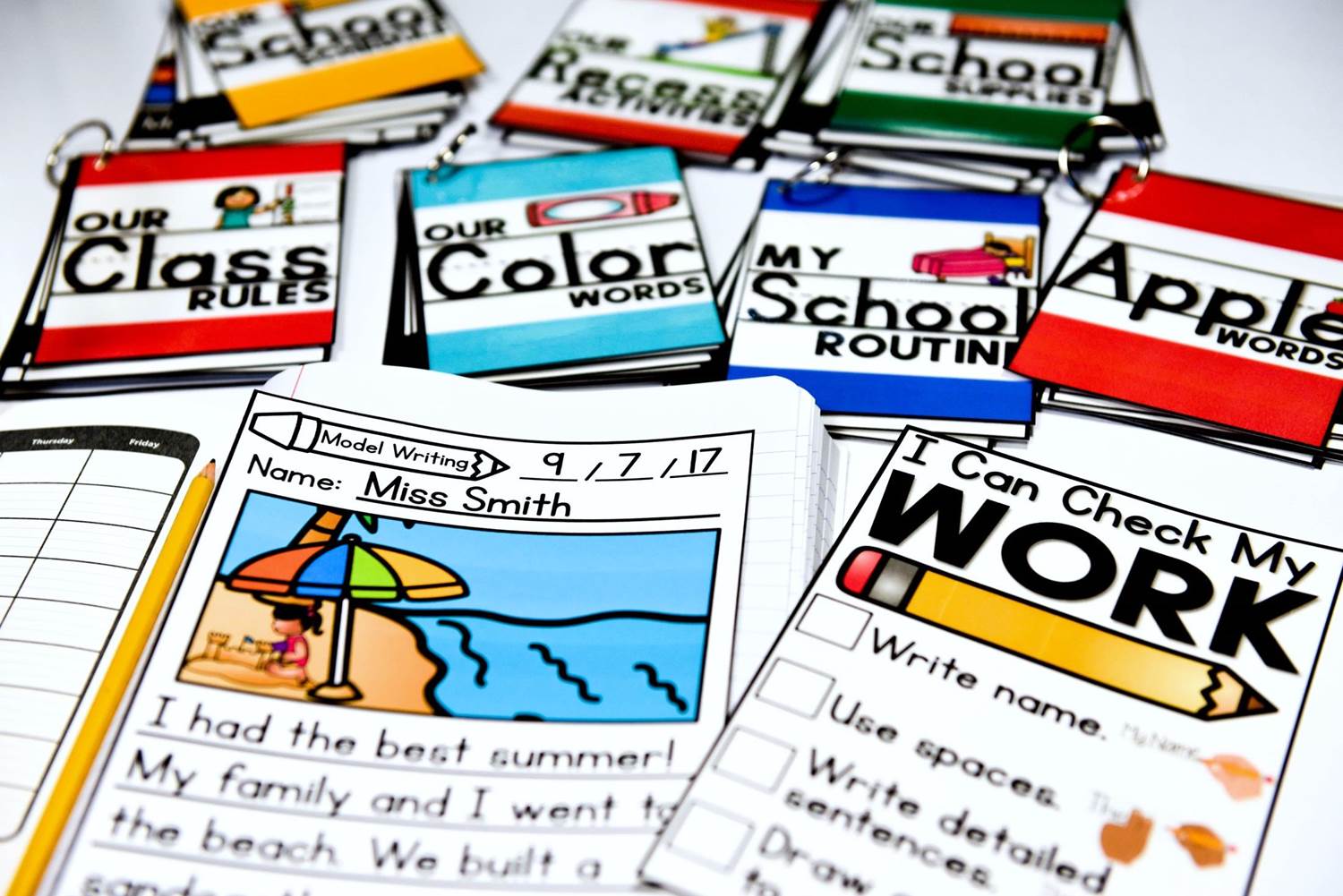
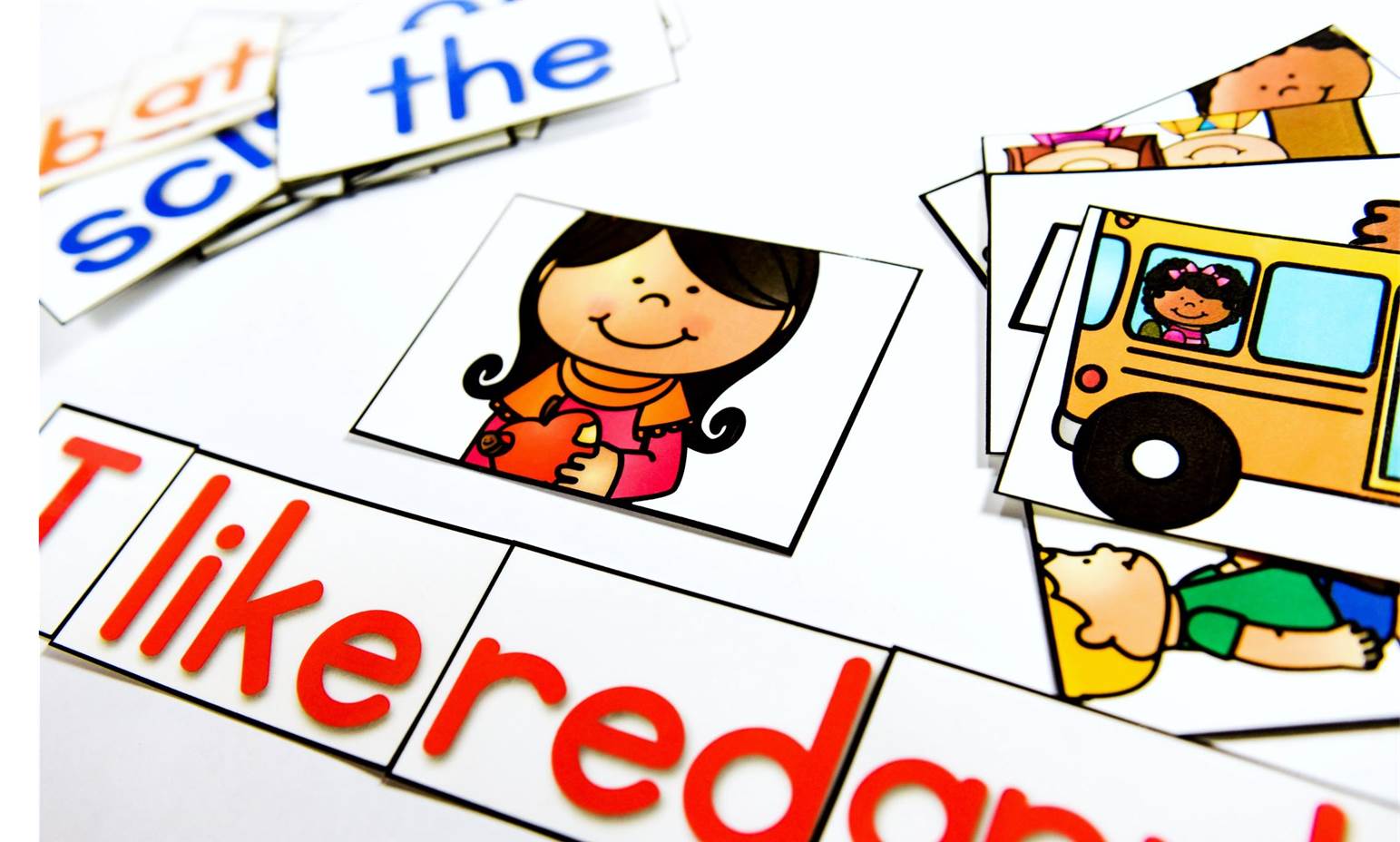
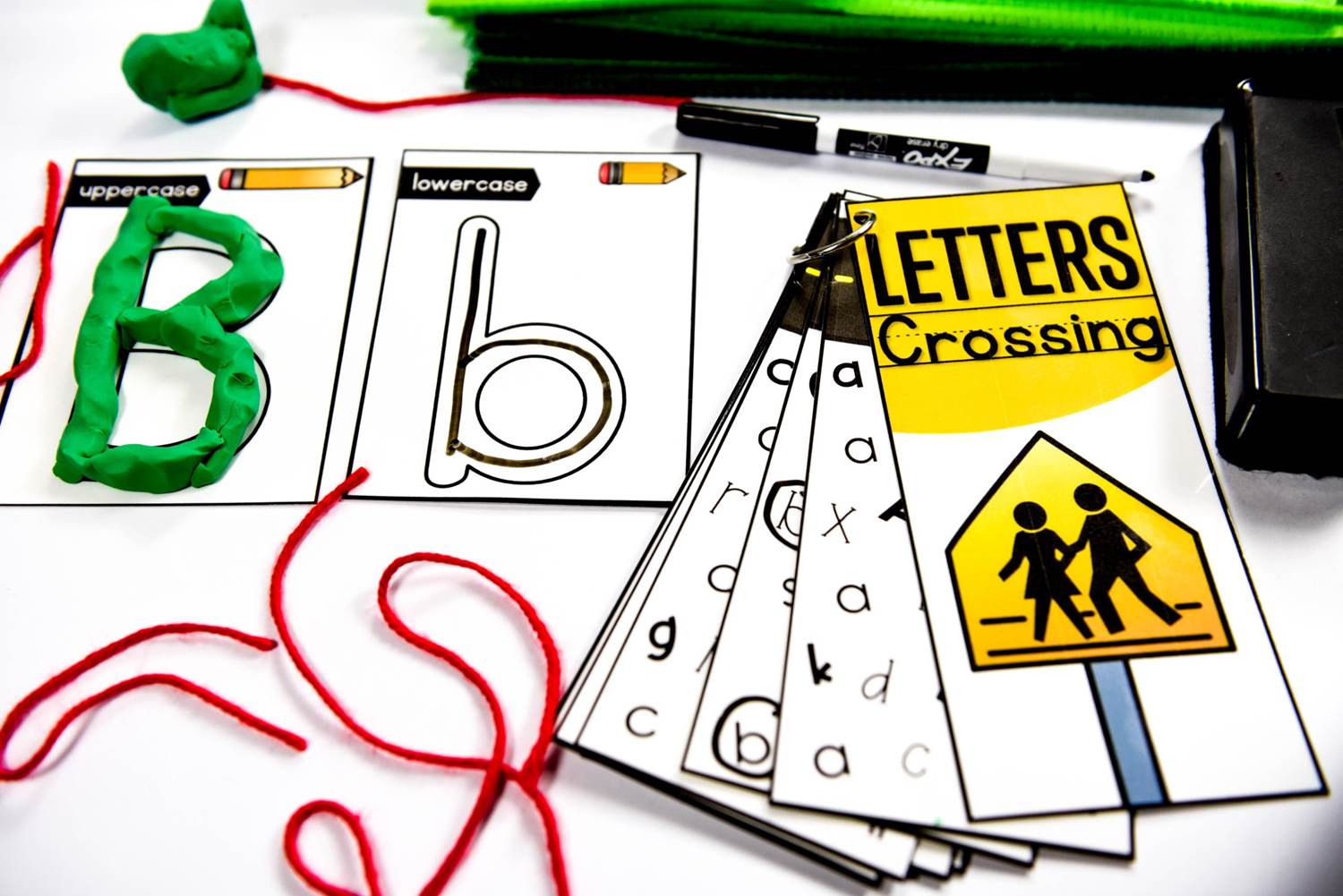
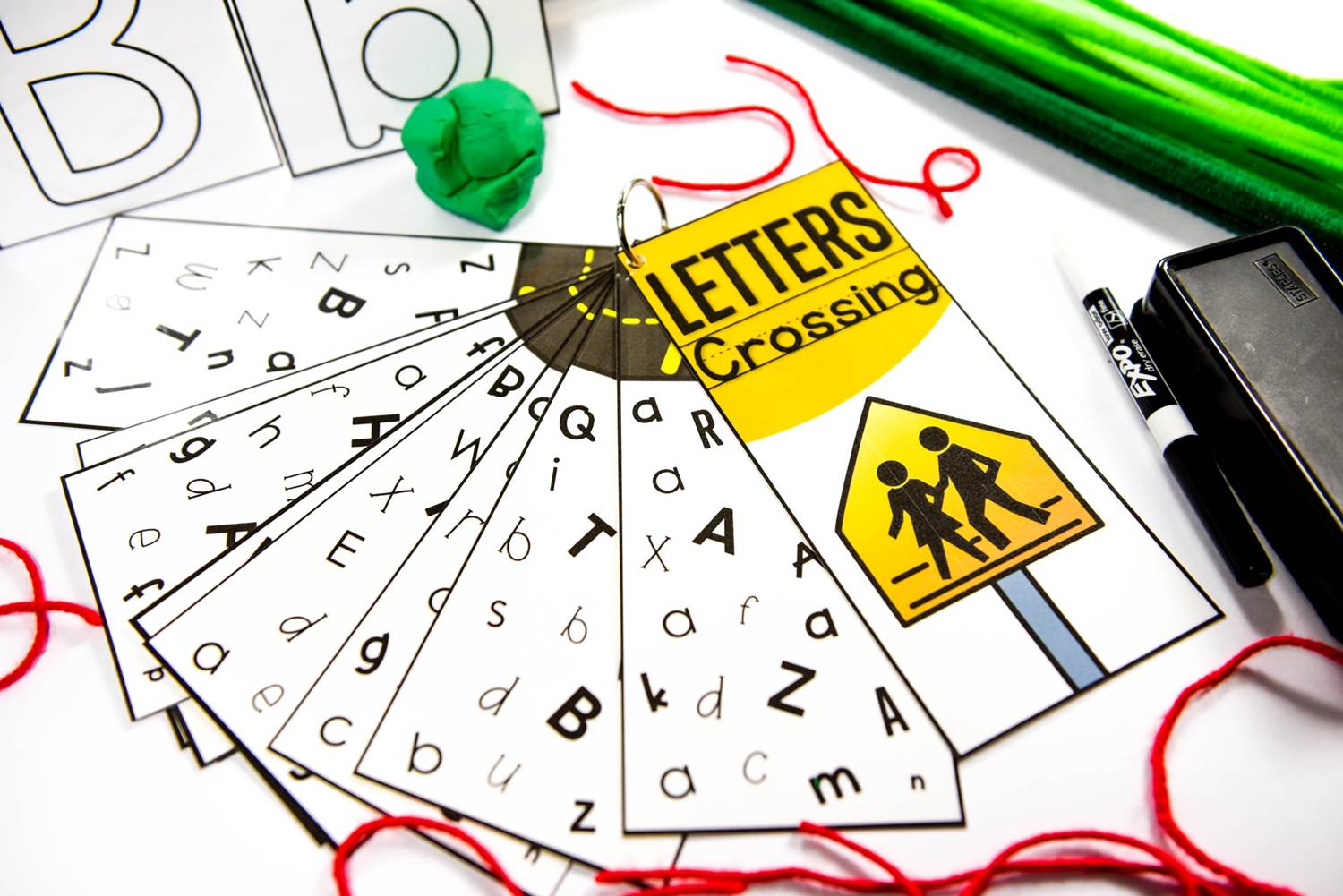
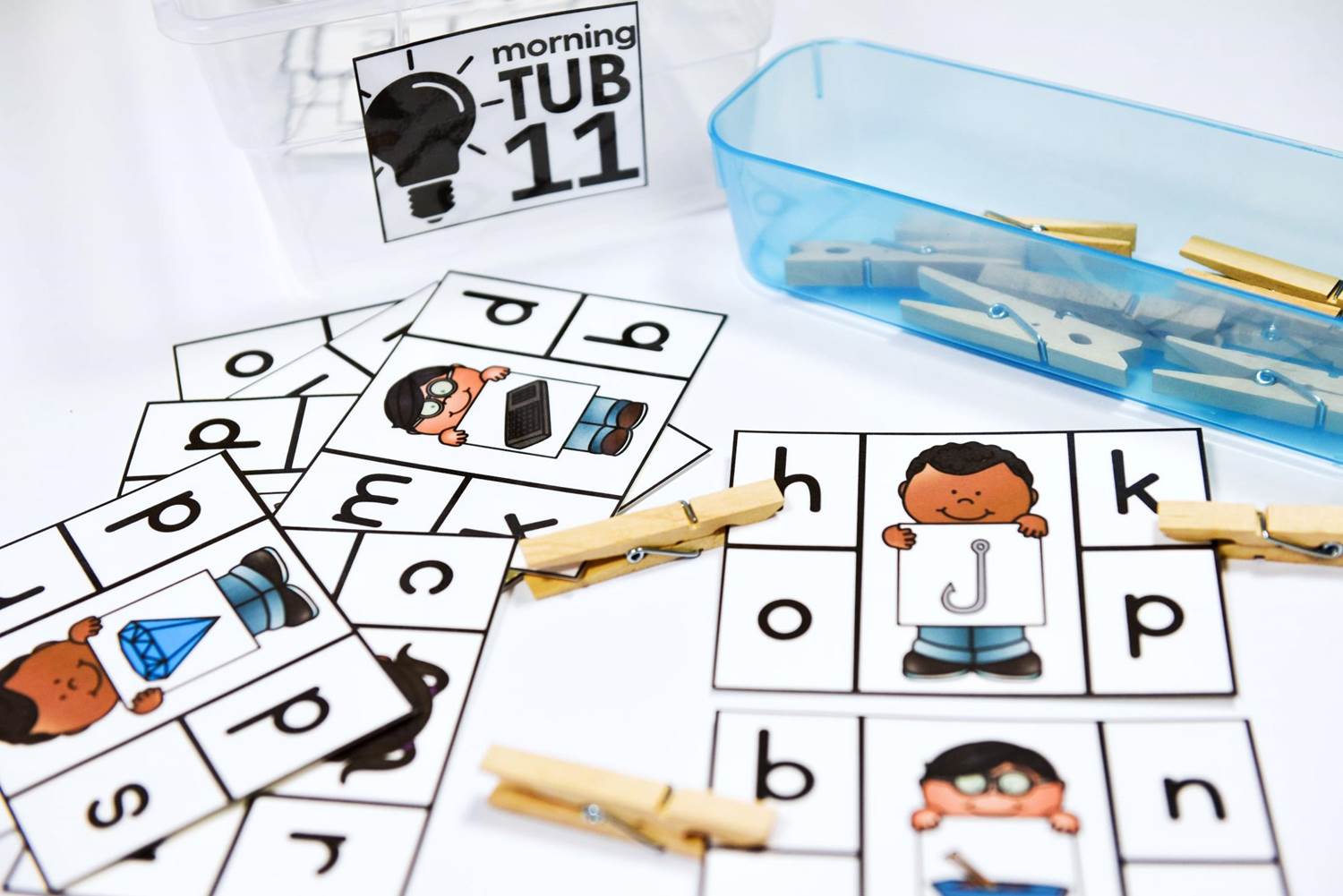
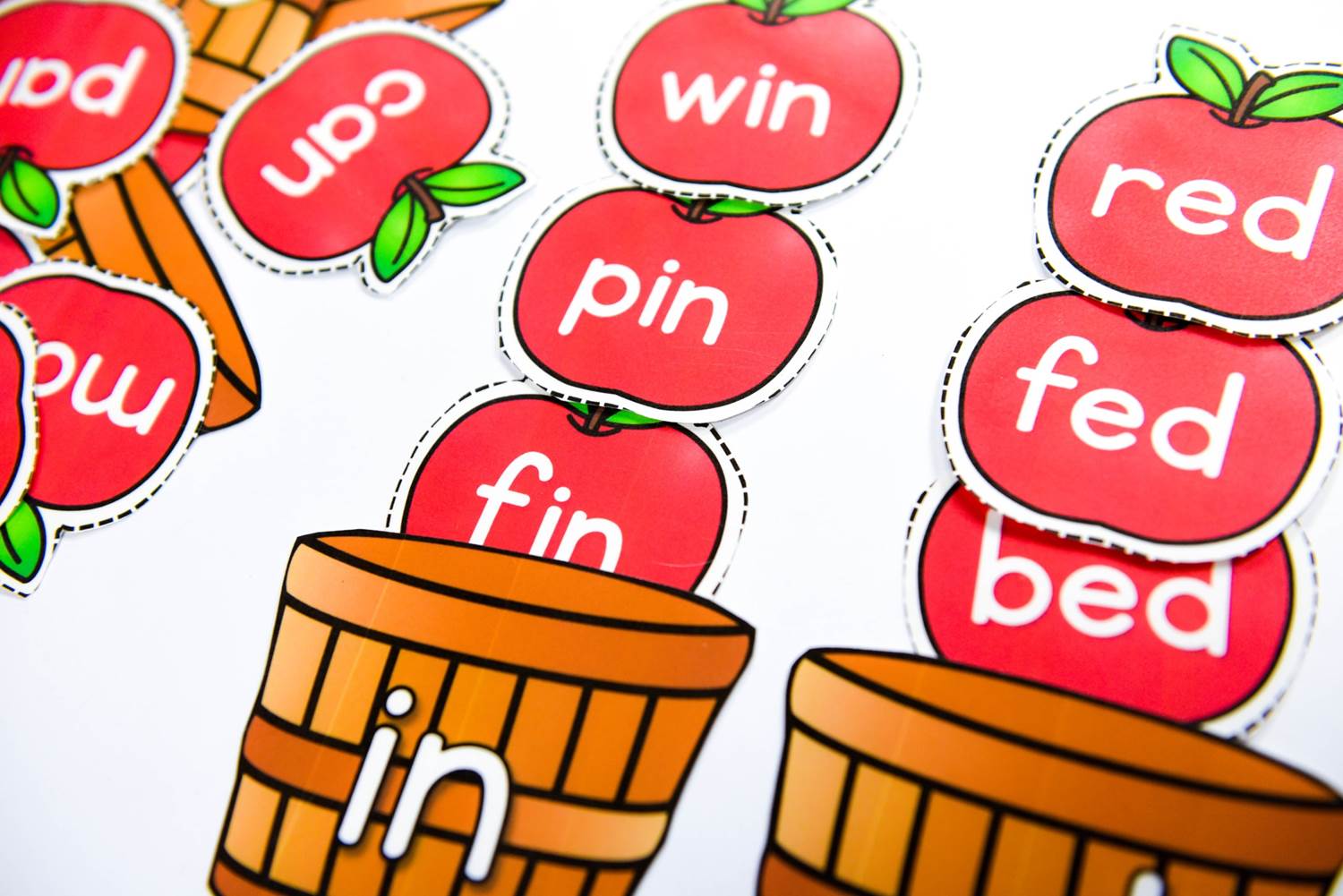
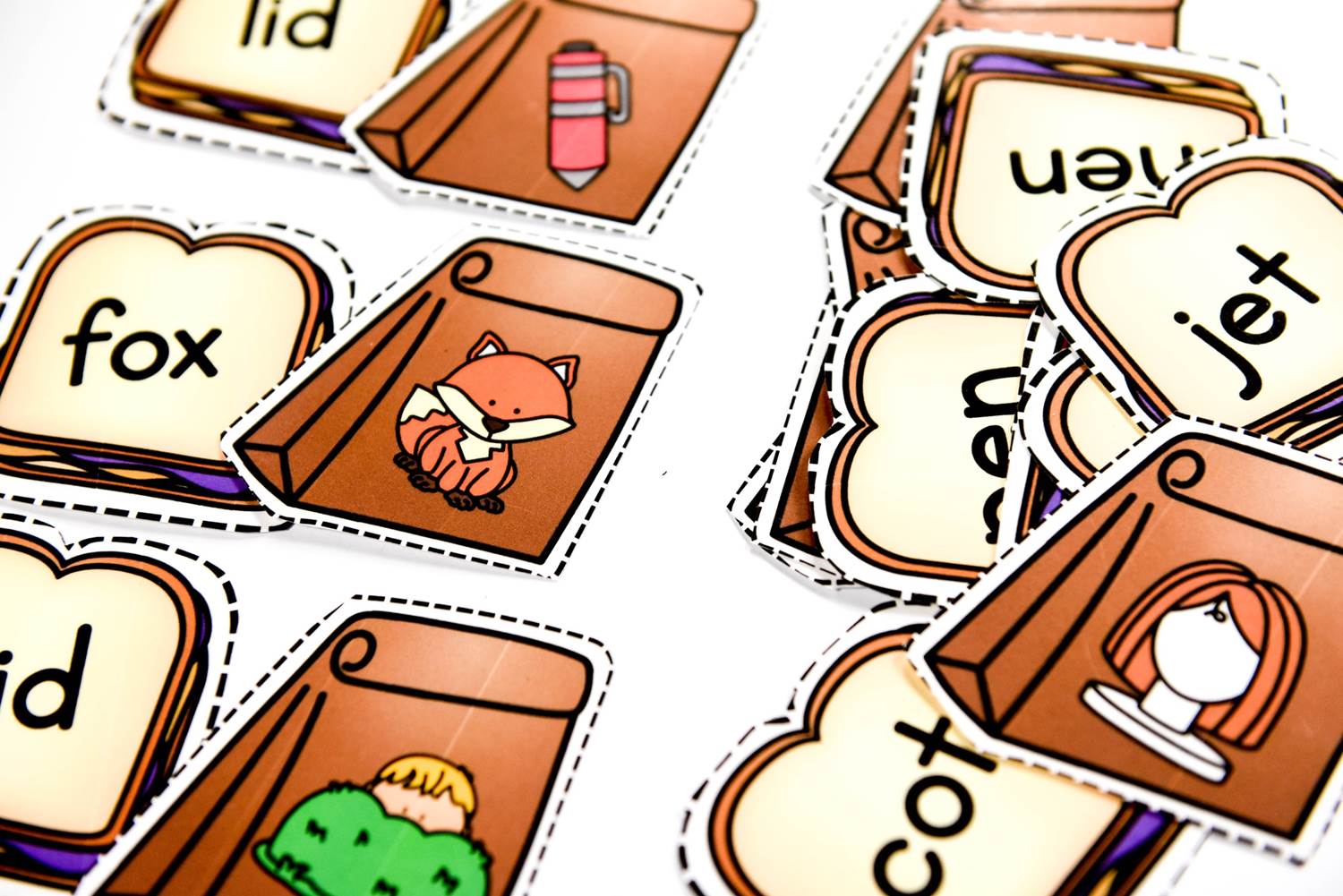
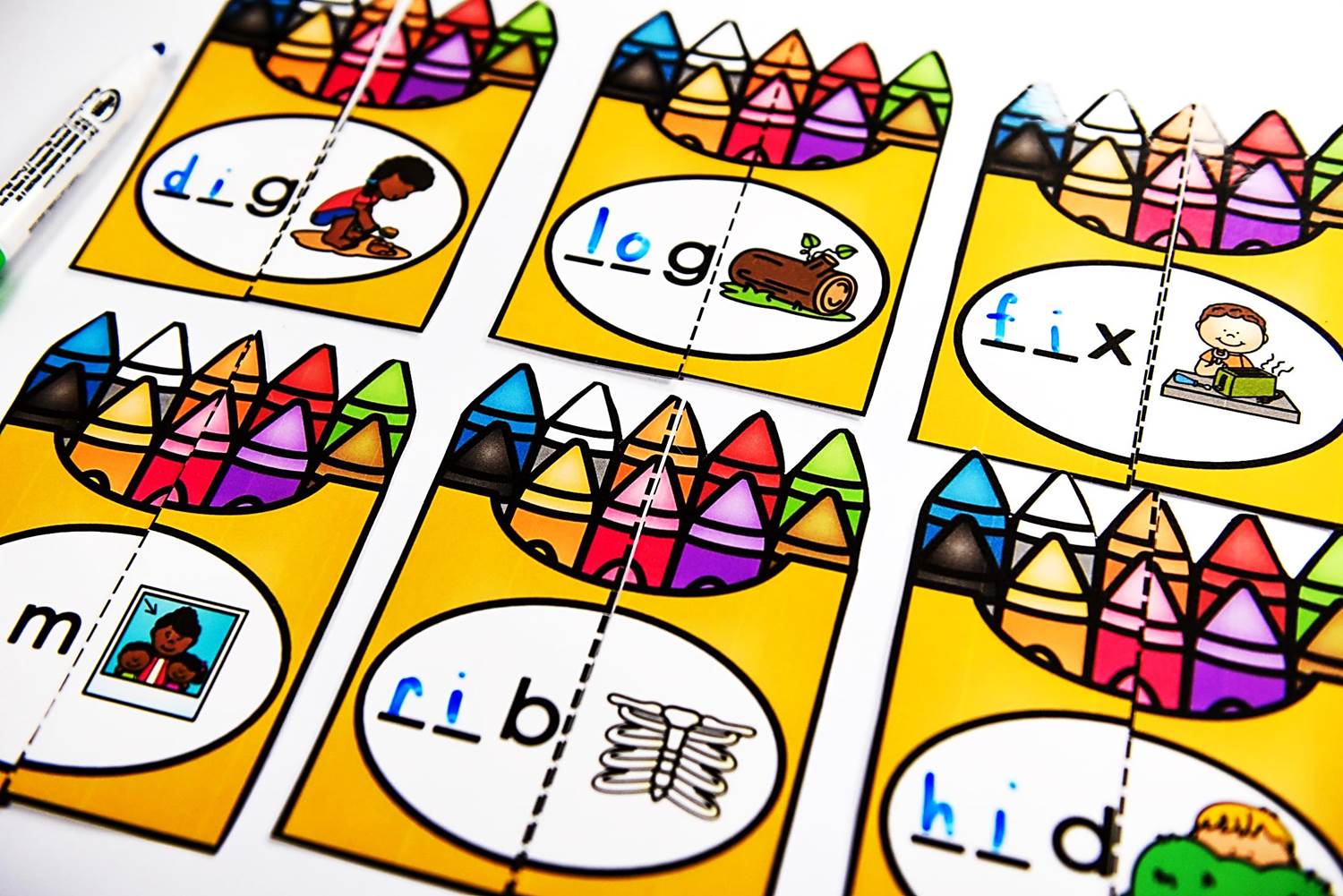
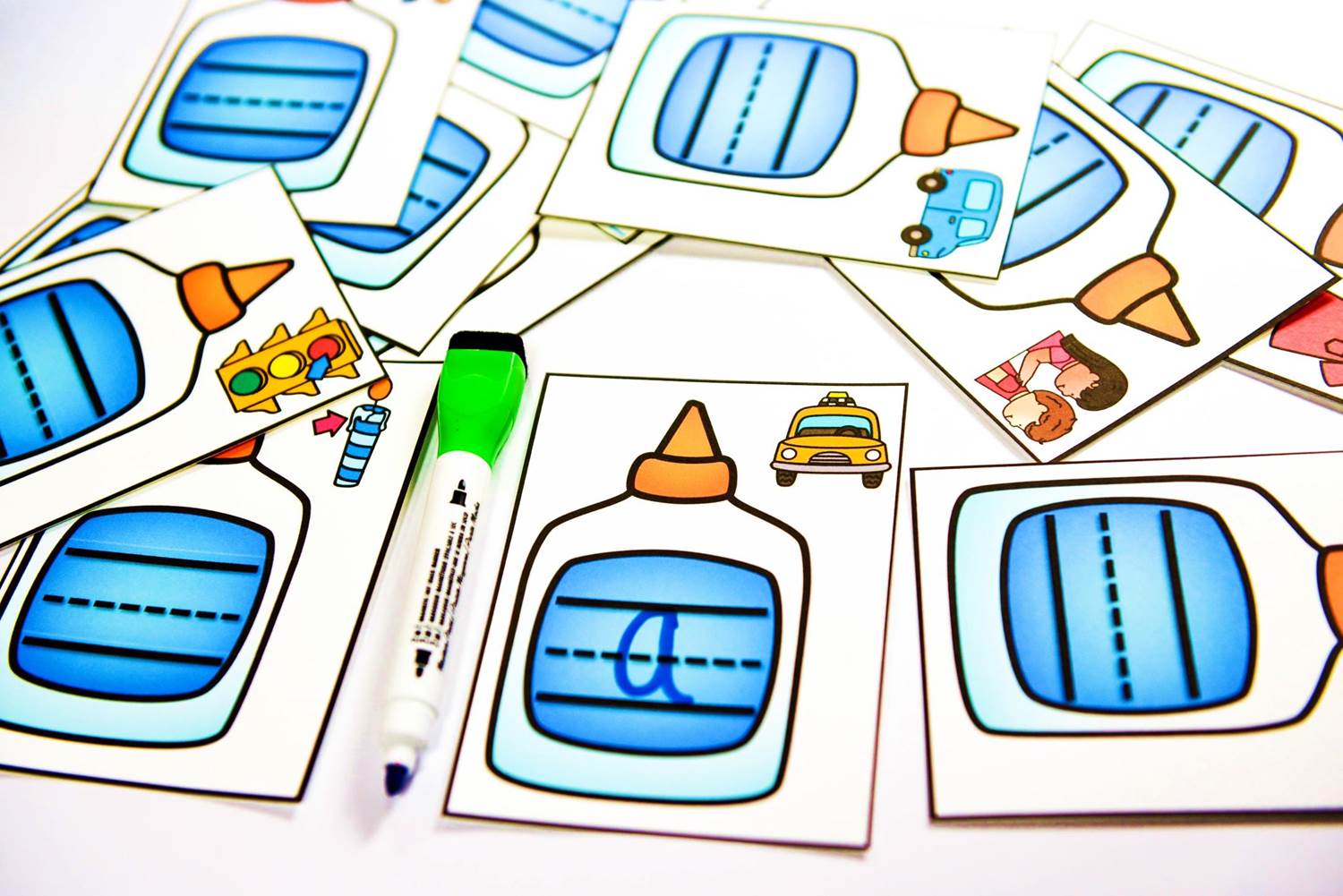
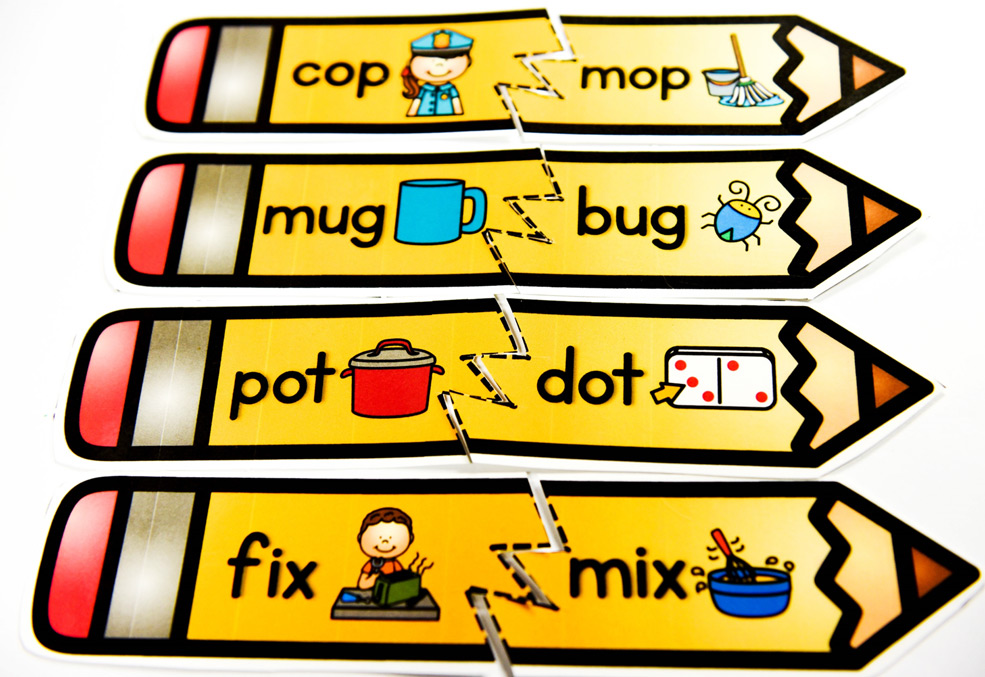
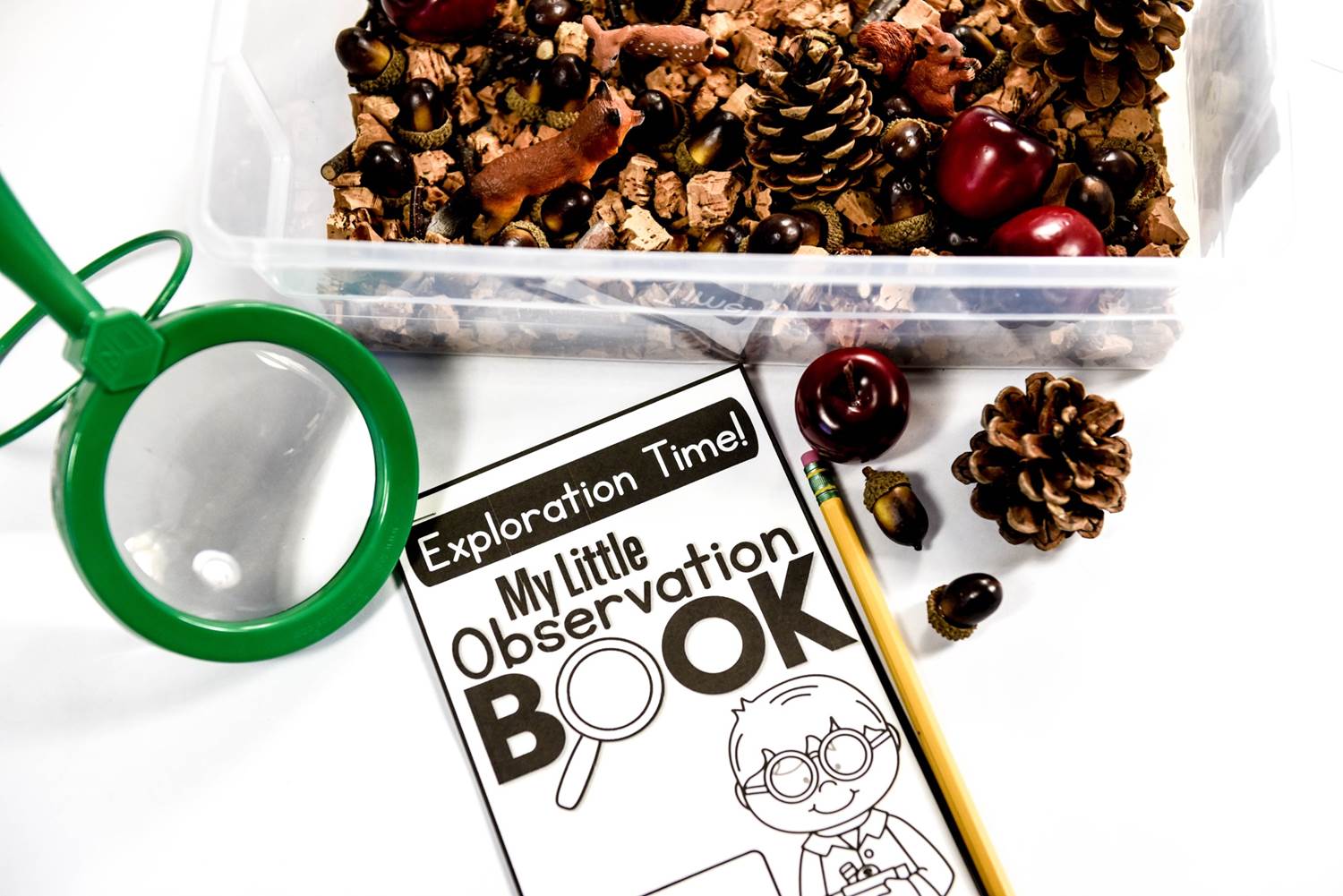
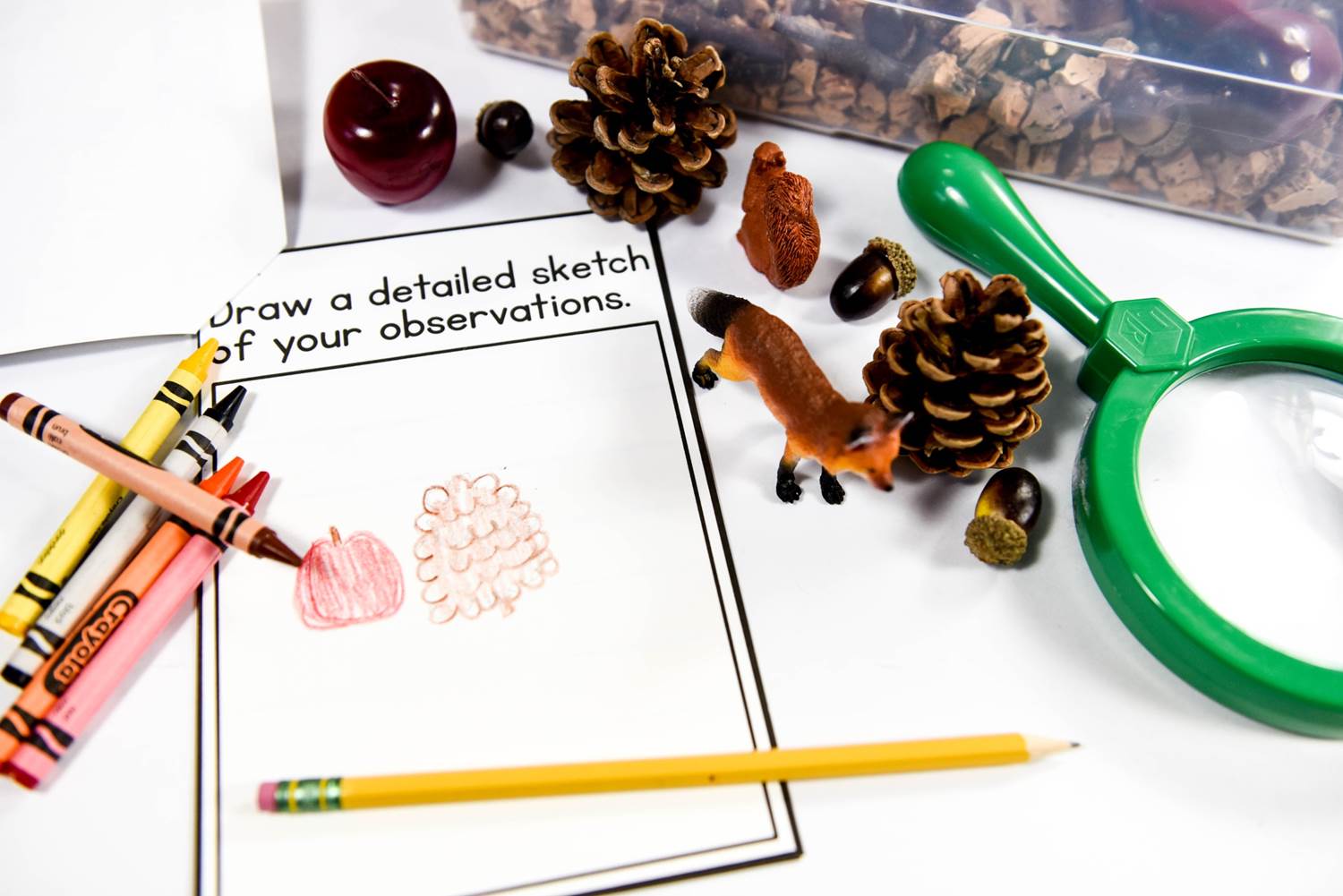
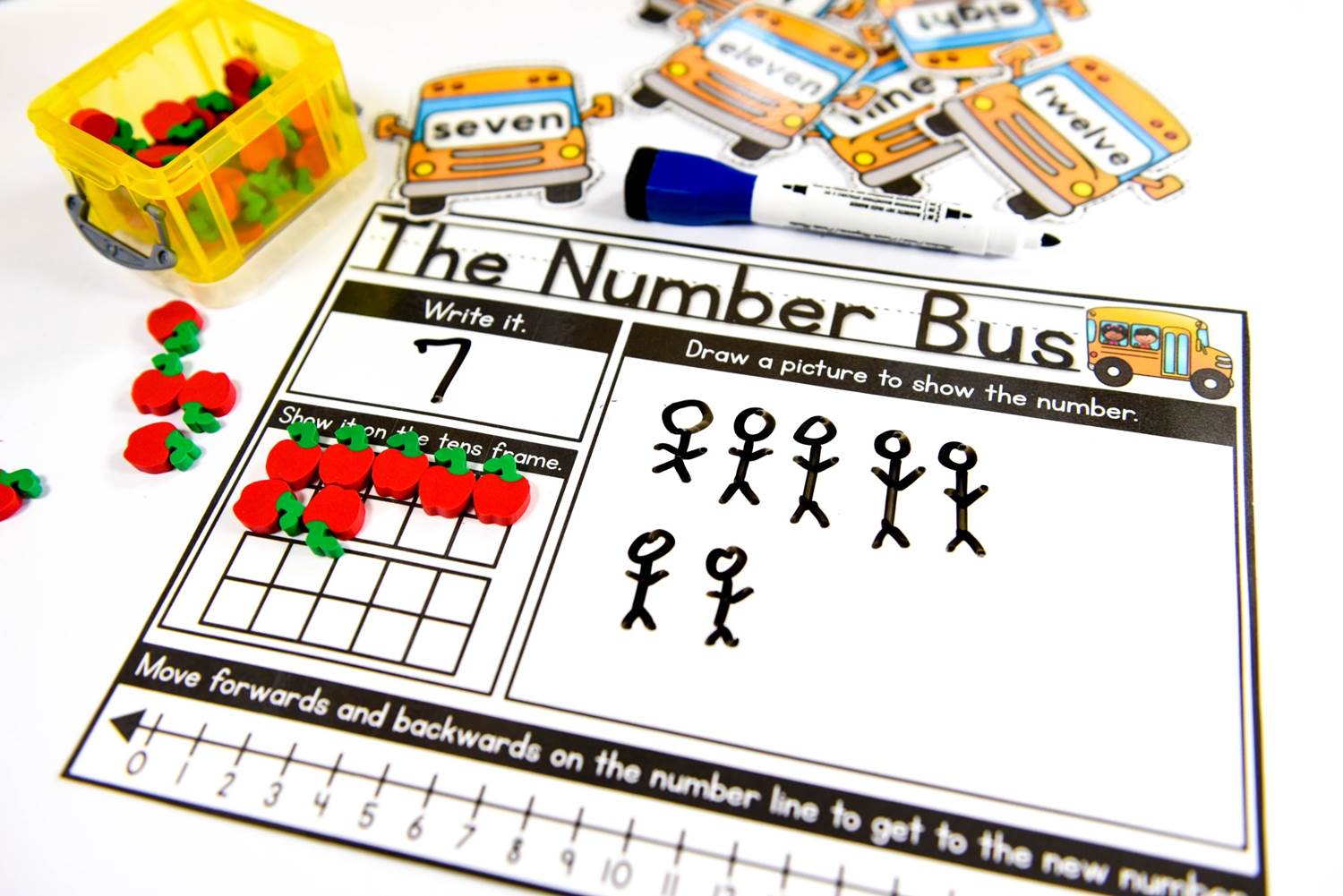
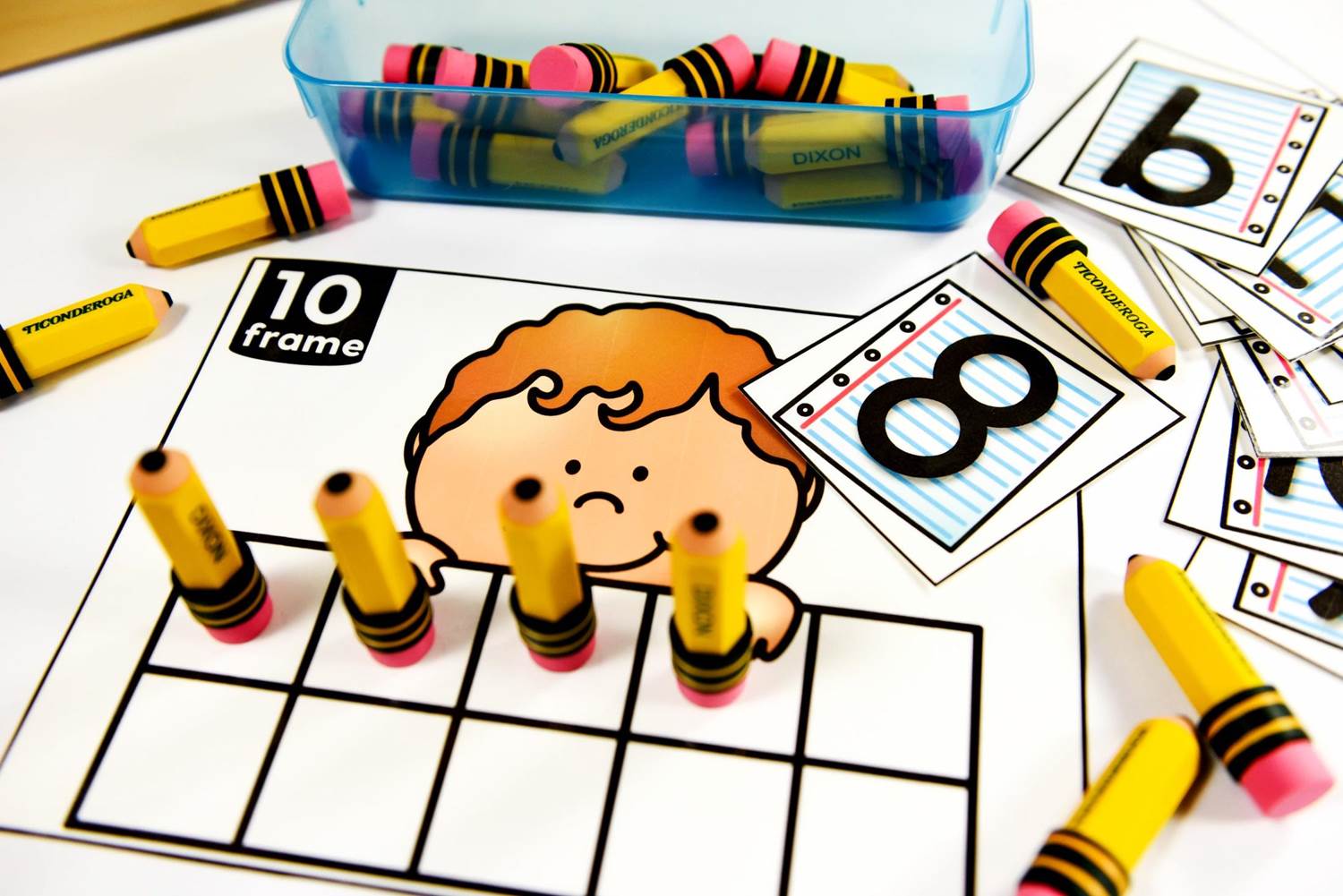
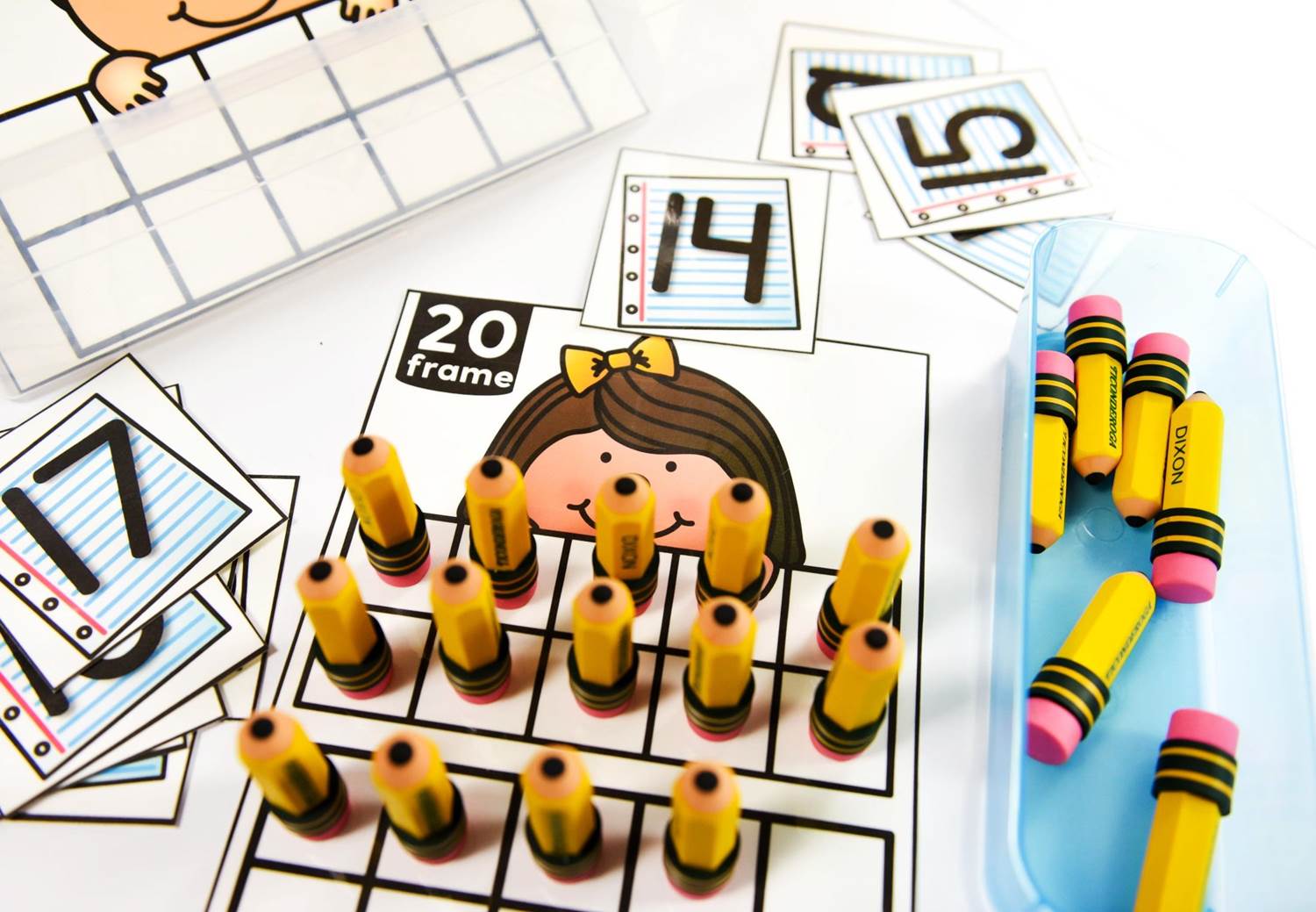
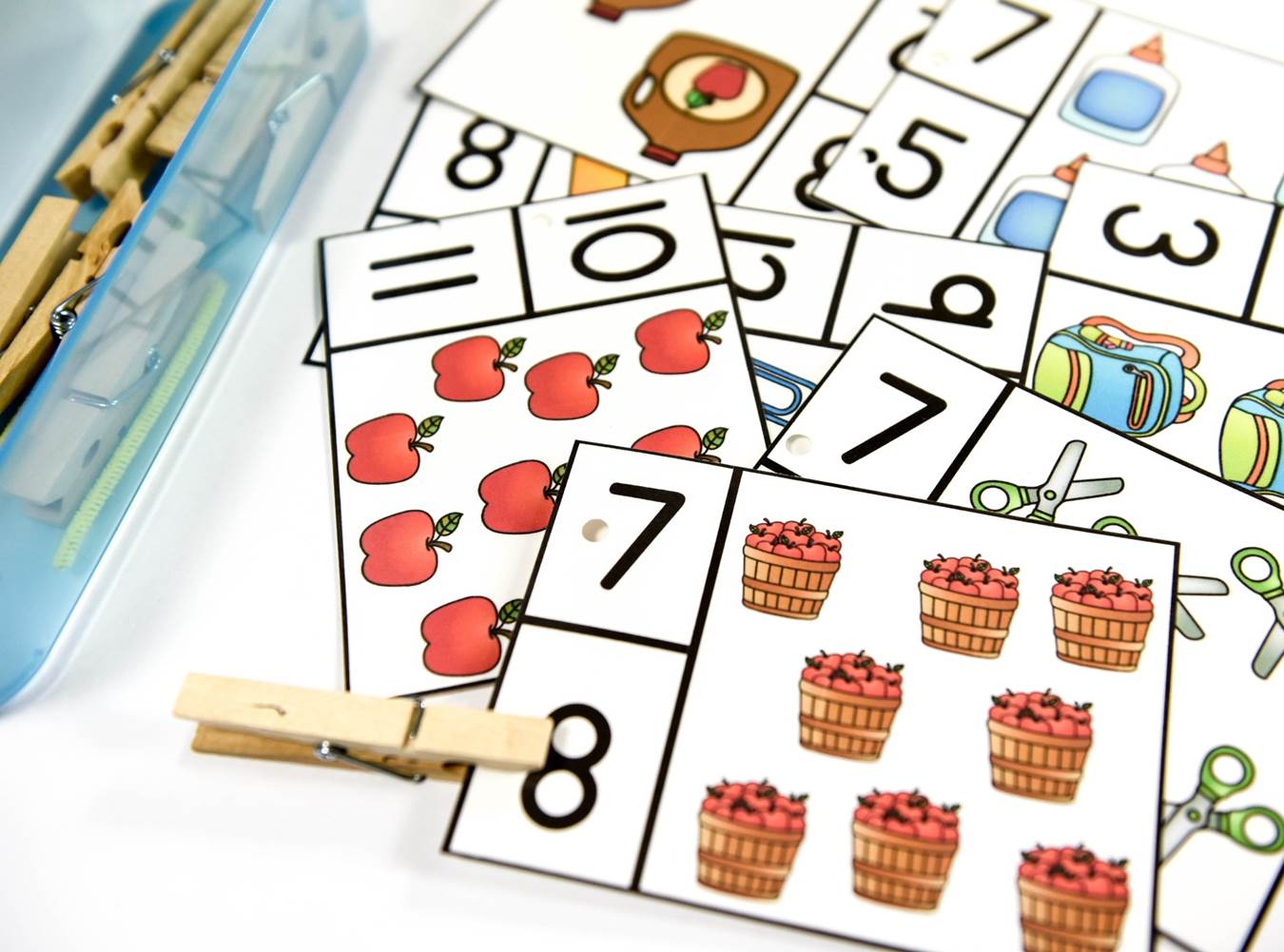
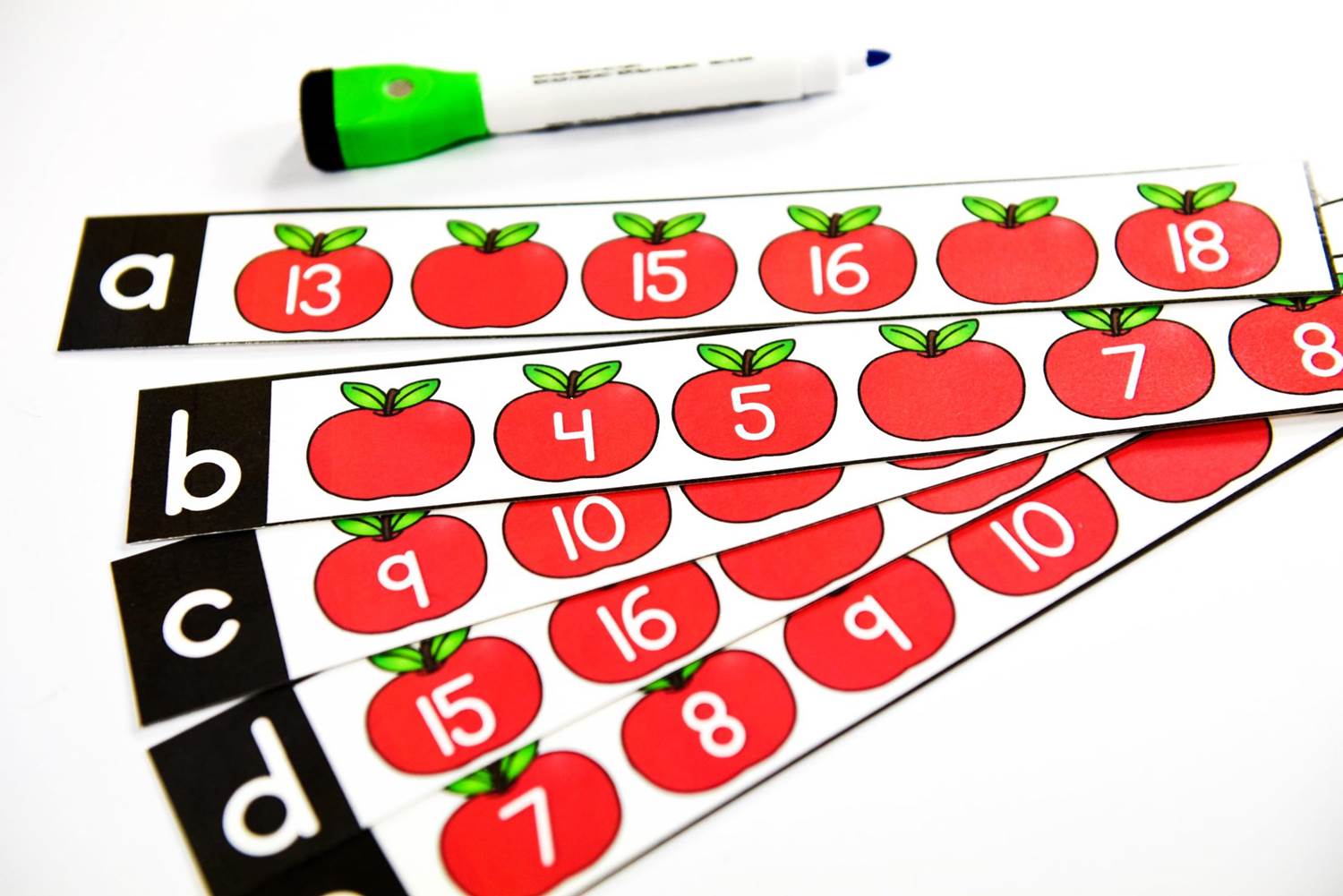
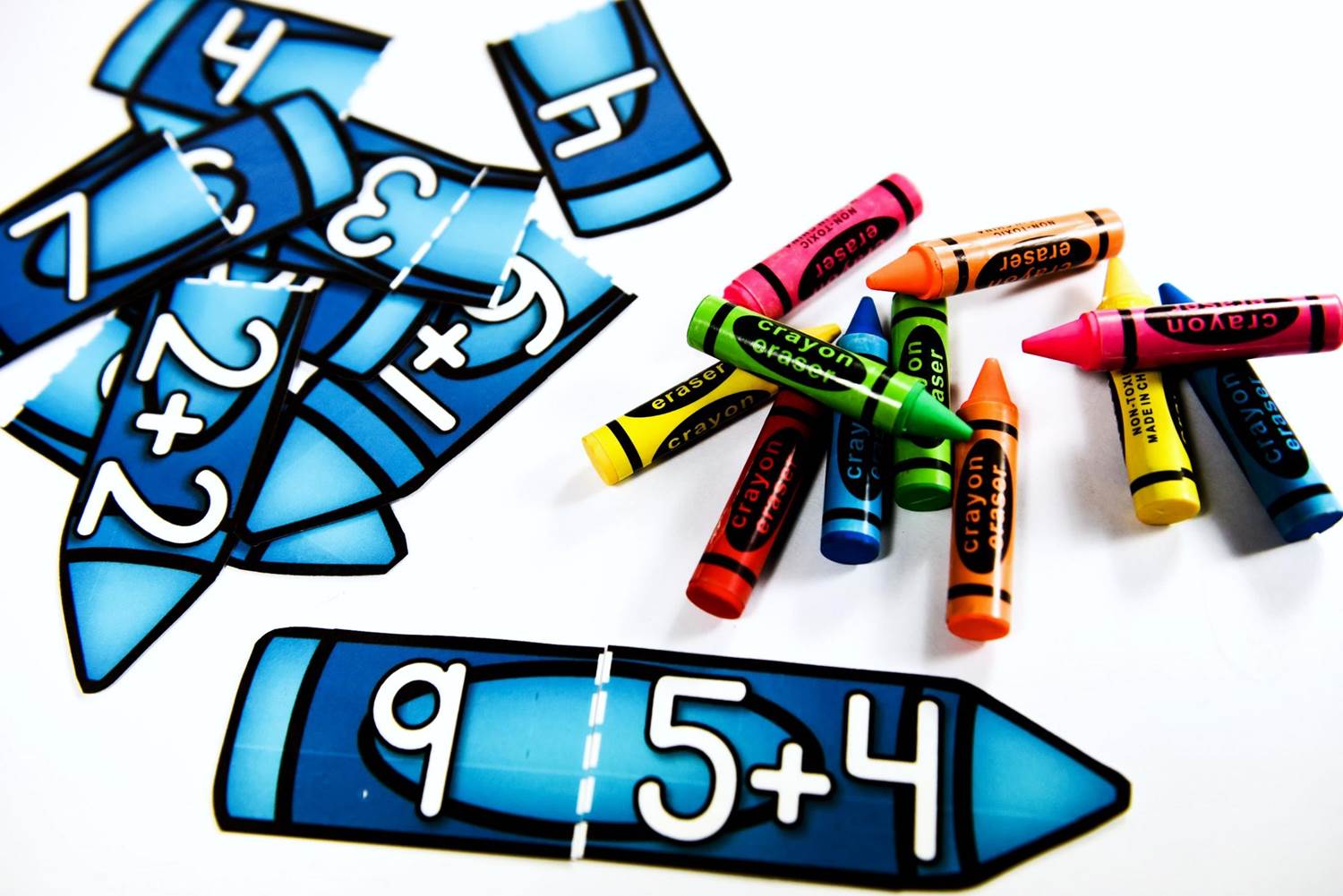
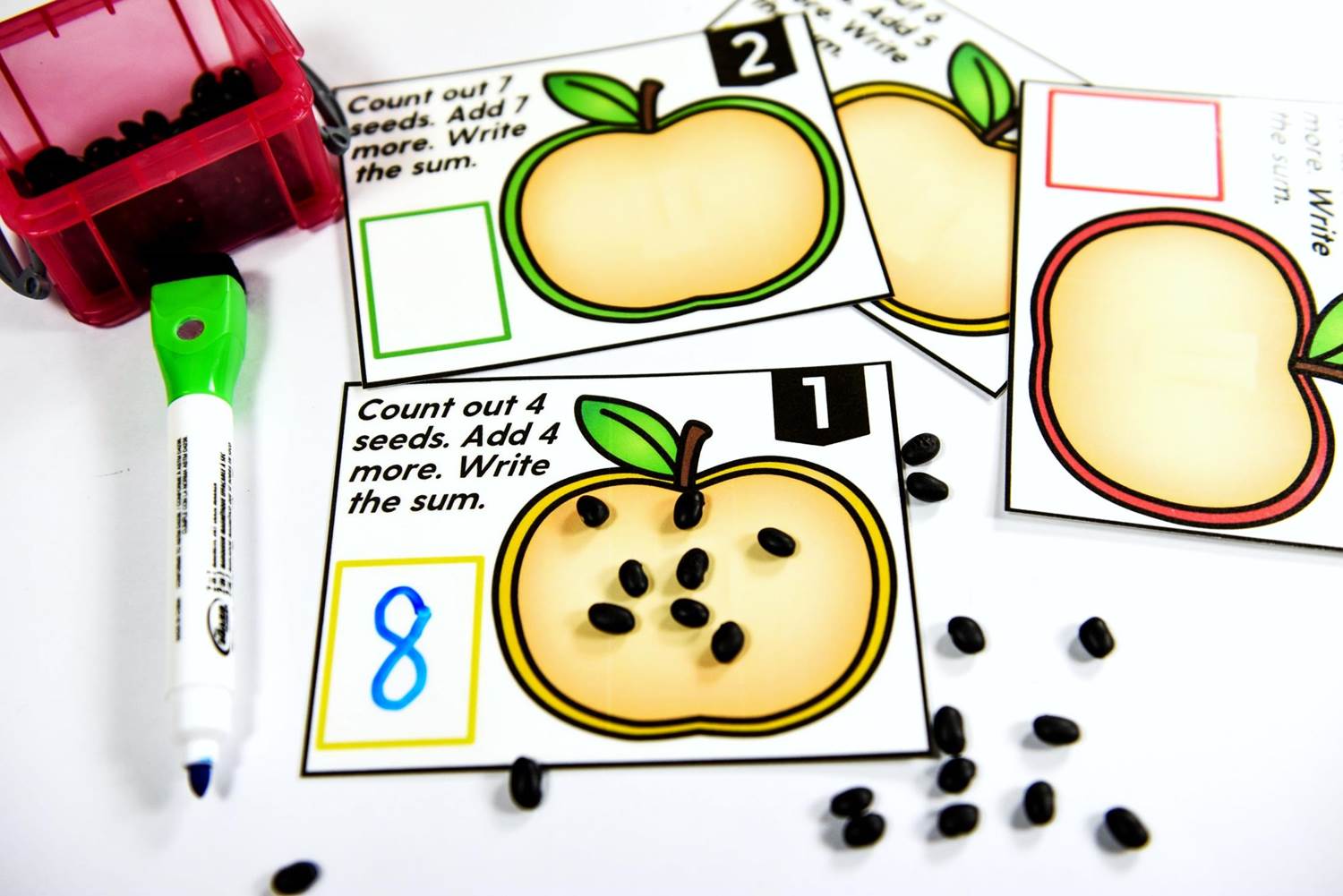
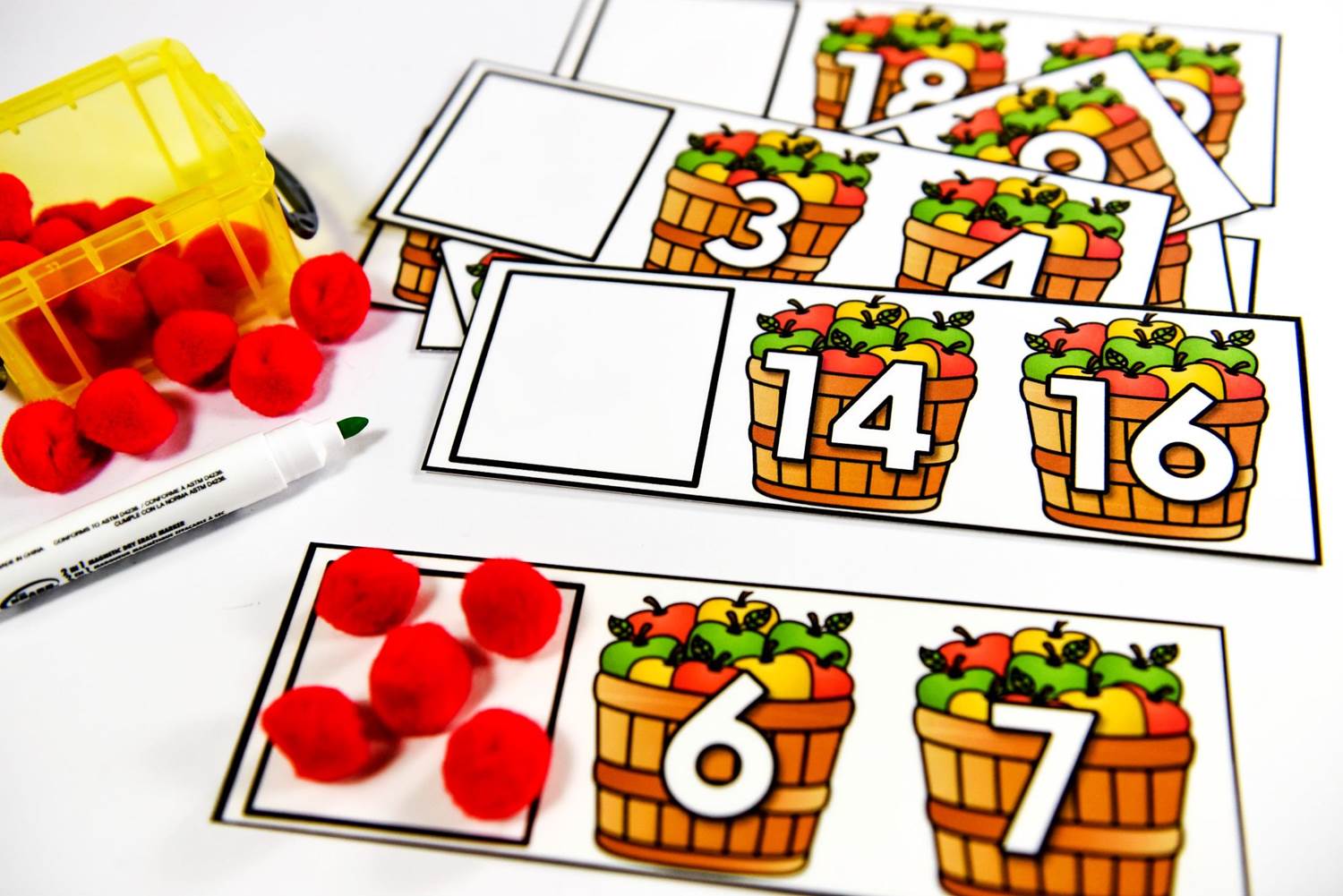
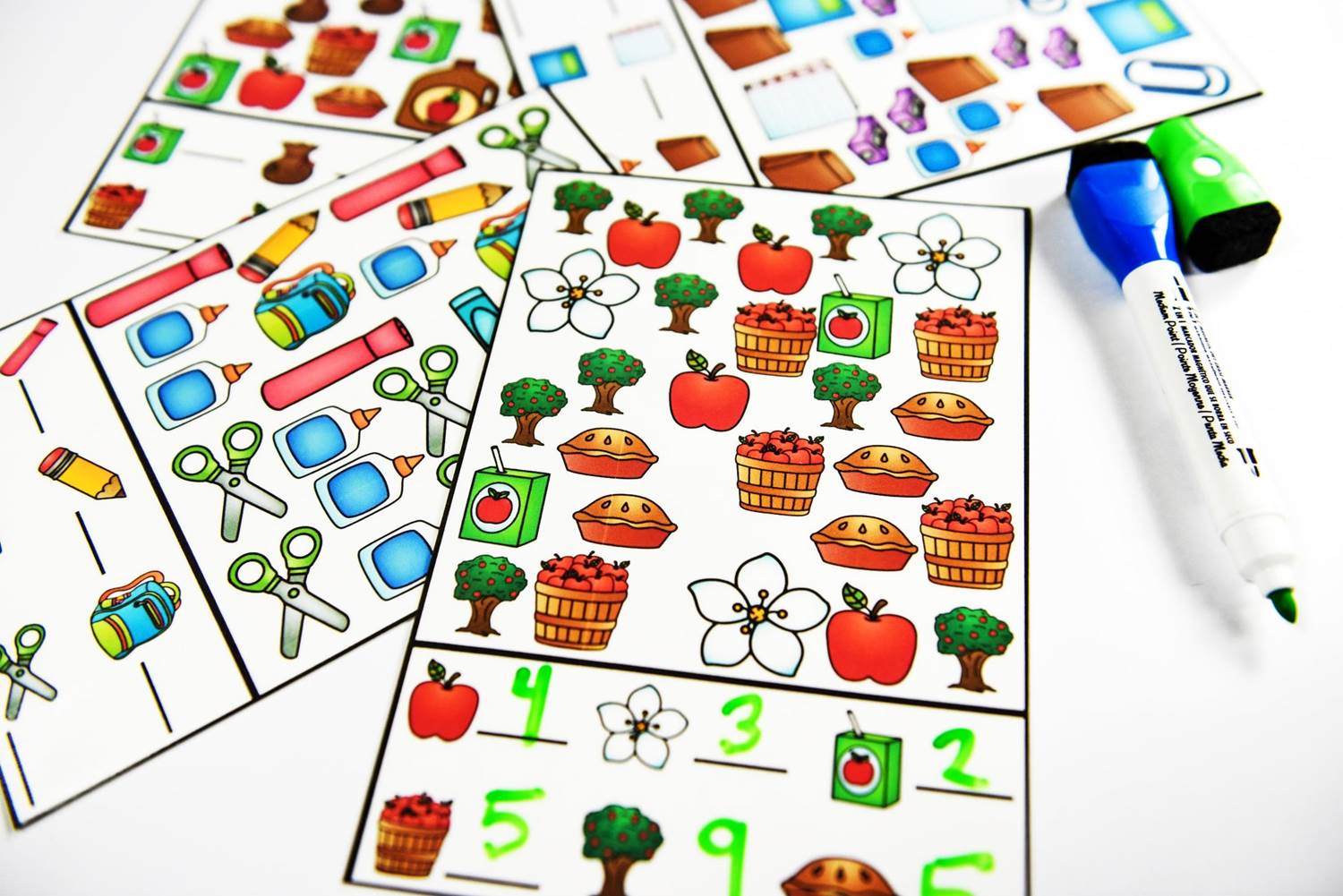
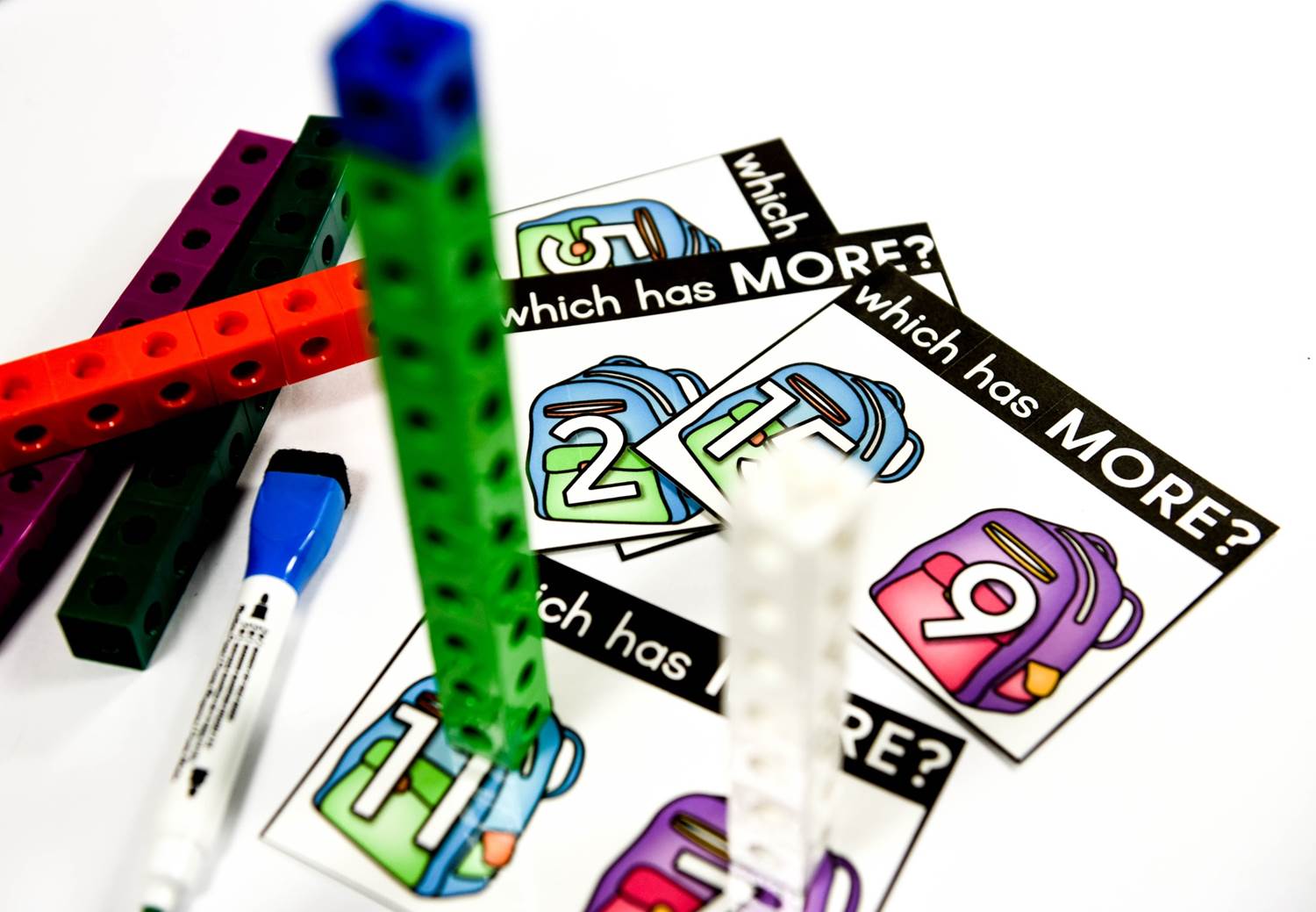
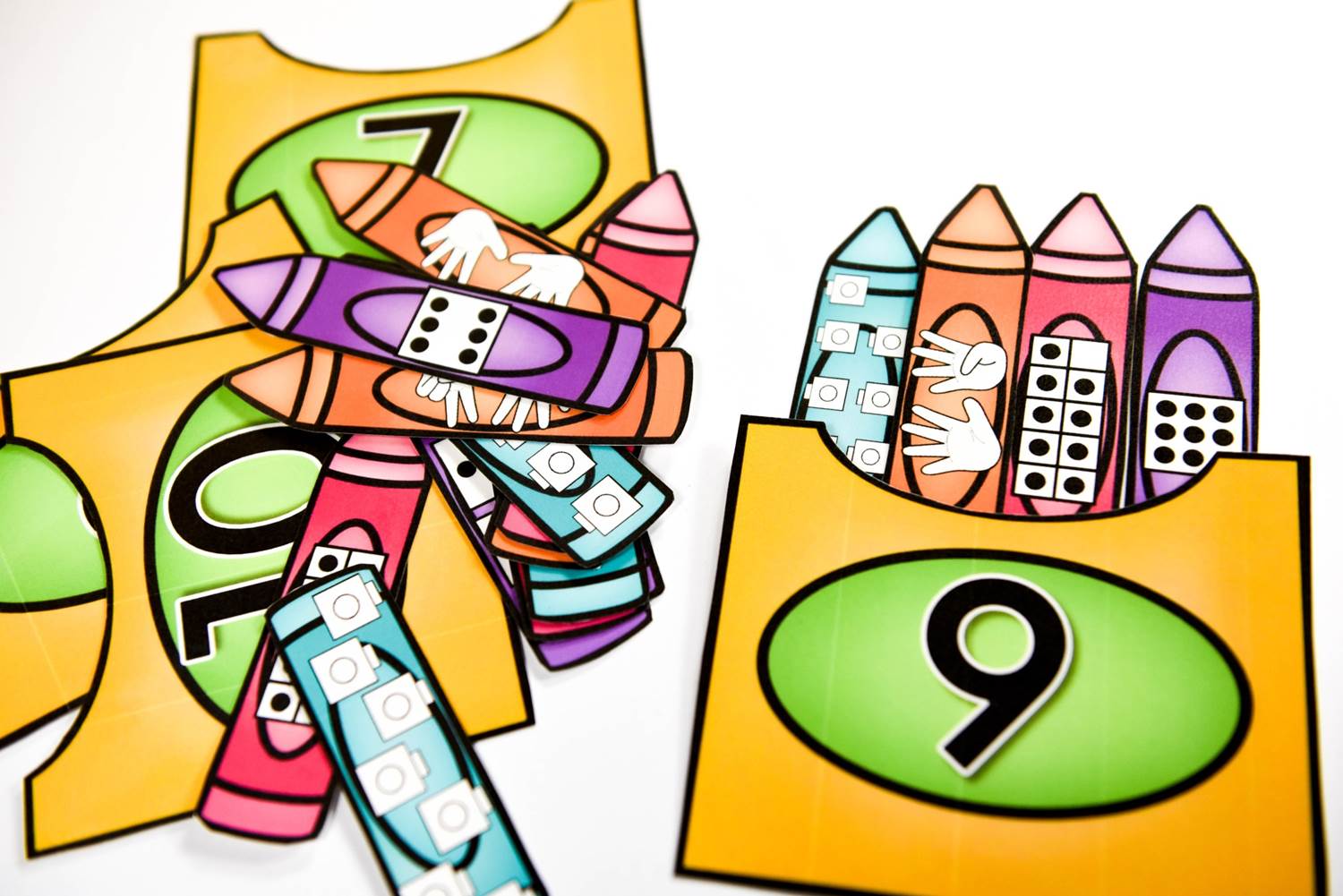
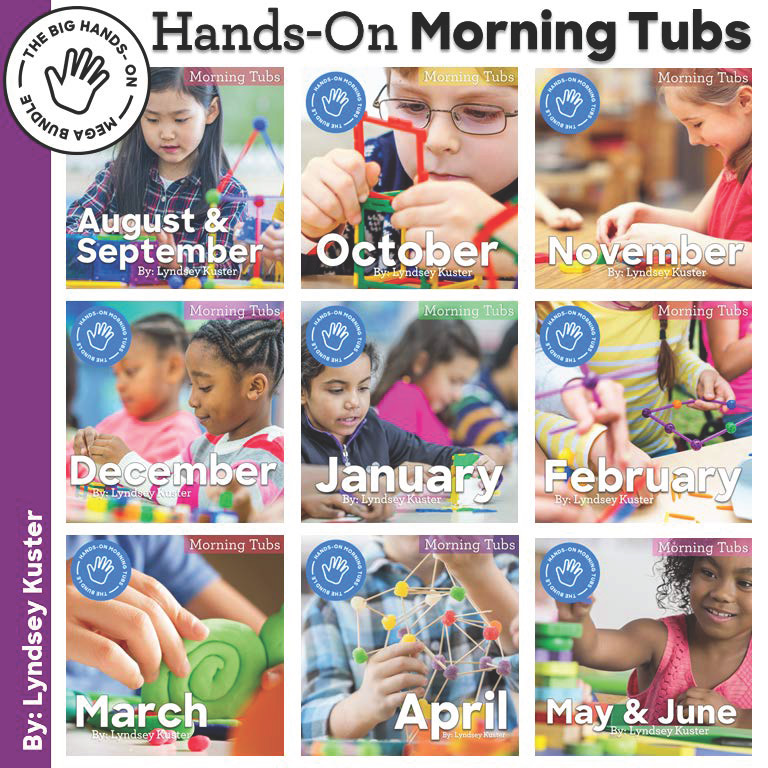

Monica
July 14, 2017Great ideas for inquiring little minds. Love it :-)!
Linda
July 15, 2017Thank you for sharing this. It looks awesome. Can’t wait to get it ready and use with it my kids.
Cairn
August 10, 2017Thank you!
Elyse
June 15, 2018How do some of these bins with the ELA and math cards differ from a regular literacy or math center? Or are they something you may put in a literacy or math center bin but instead choose to have it as an extra practice option in the morning?
Kim
July 19, 2018What grades are these morning tubs for?
Nicole Jensen
August 6, 2018I am going to try this with my 2nd graders this 2018-19 school year! Thank you!
Andrea
September 2, 2018Where do I get the Morning Mission Task Cards?
Lyndsey Kuster
September 8, 2018Hi there! You can find the Morning Mission Task Cards in the bundle here: https://www.teacherspayteachers.com/Product/Hands-On-Morning-Tubs-3231109
Thank you!
Krystal L. Smith
September 8, 2018This is a really well written post about morning tubs. As I work to build a strong classroom community, I am looking to find something that allows my scholars to work together more often. I think this may be the way to go. Also, this morning, one of my best behaved students asked me if we will also complete a Do Now every morning. My answer was no, but I didn’t have anything specific to offer her. I am considering having her and a few other scholars up for lunch to record a video on how to do morning tubs in our classroom. Thank you for your thorough details and ideas! Also thank you for the download!
Maggie
September 10, 2020Lyndsey,
I love your creative ideas. I am having trouble downloading the hands-on morning tub freebies.
lkuster
September 14, 2020Hi Maggie! Thank you so much for your kind words! After confirming your name and your email in the pop-up, the freebie should be in the inbox of the email address you provided. If you still haven’t received it, please email me at lyndsey@lyndseykuster.com so I can send it over to you directly!